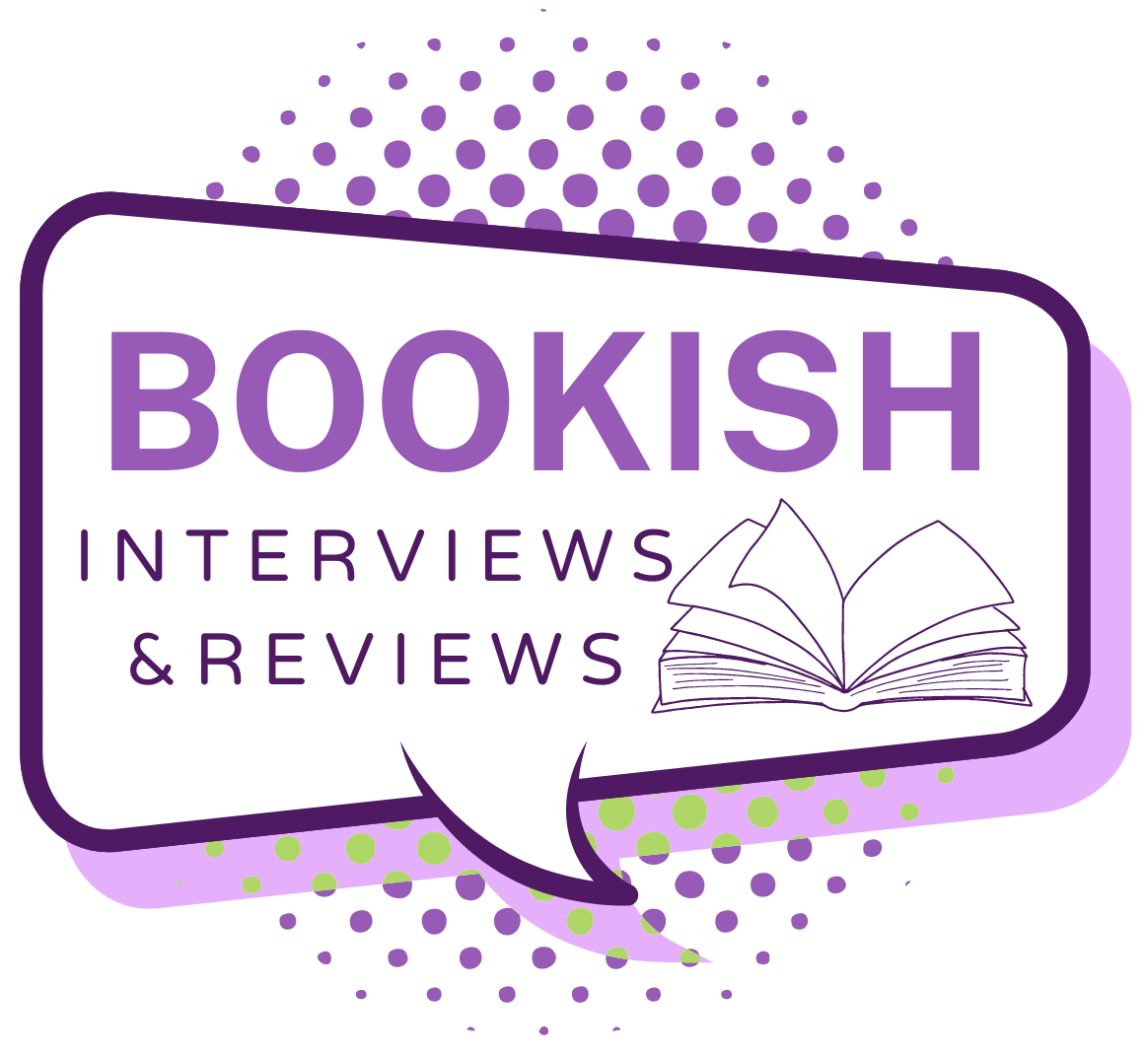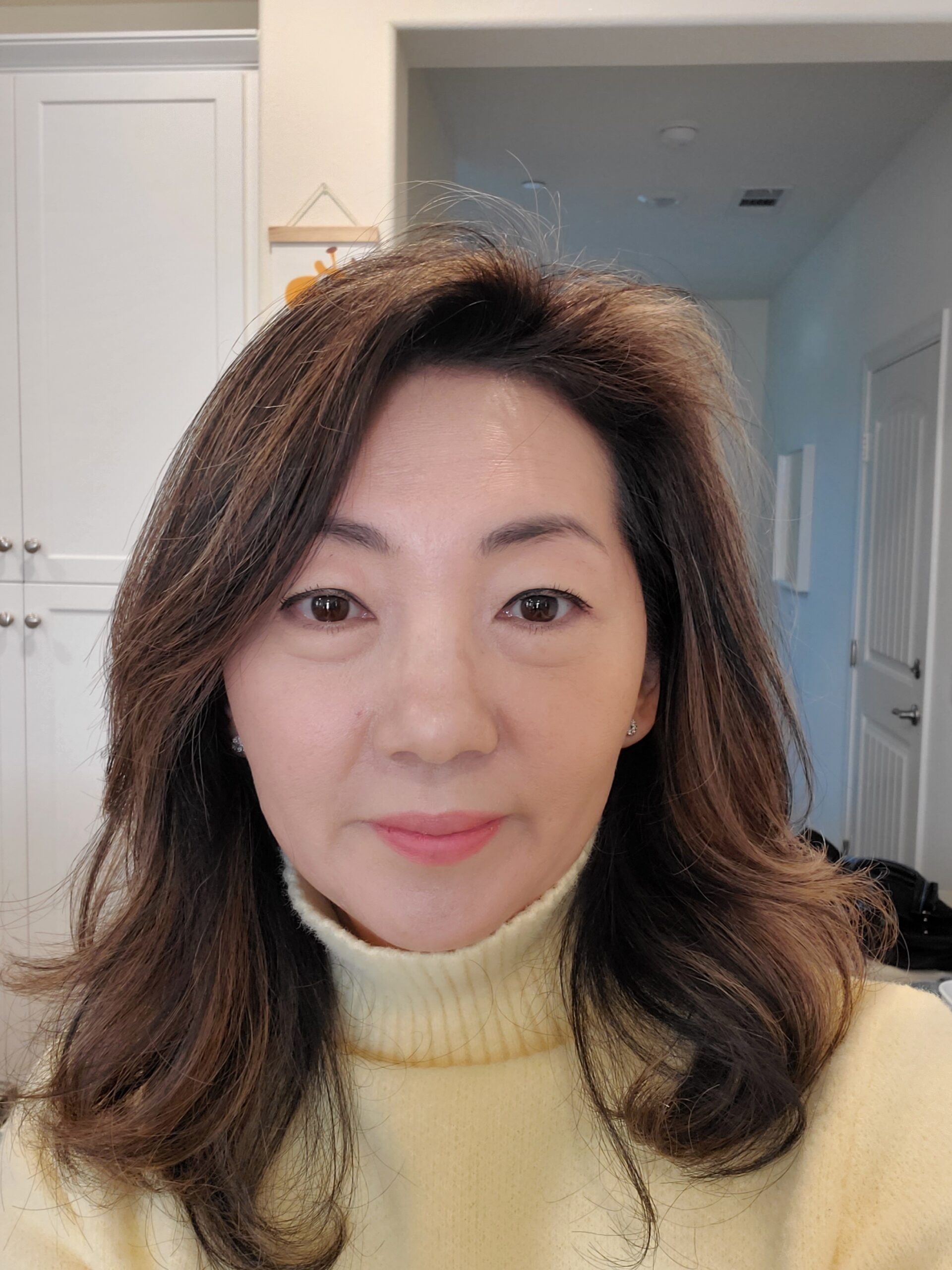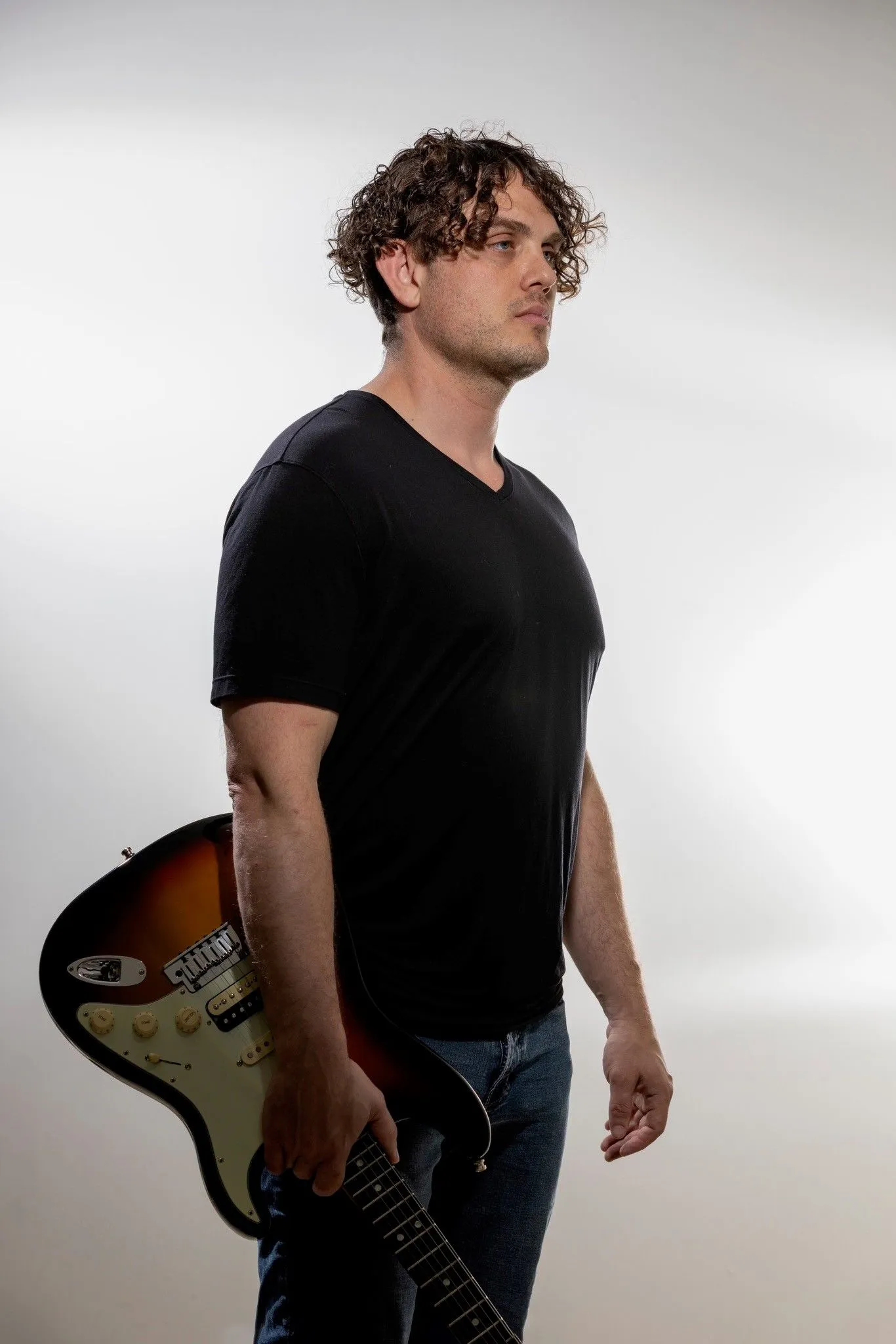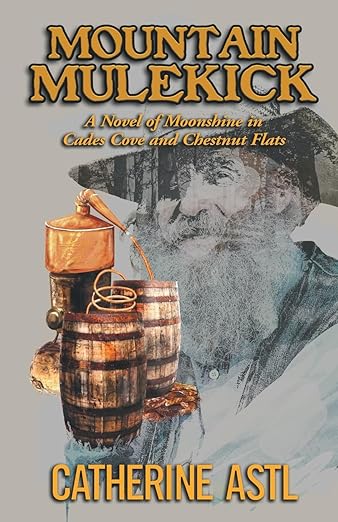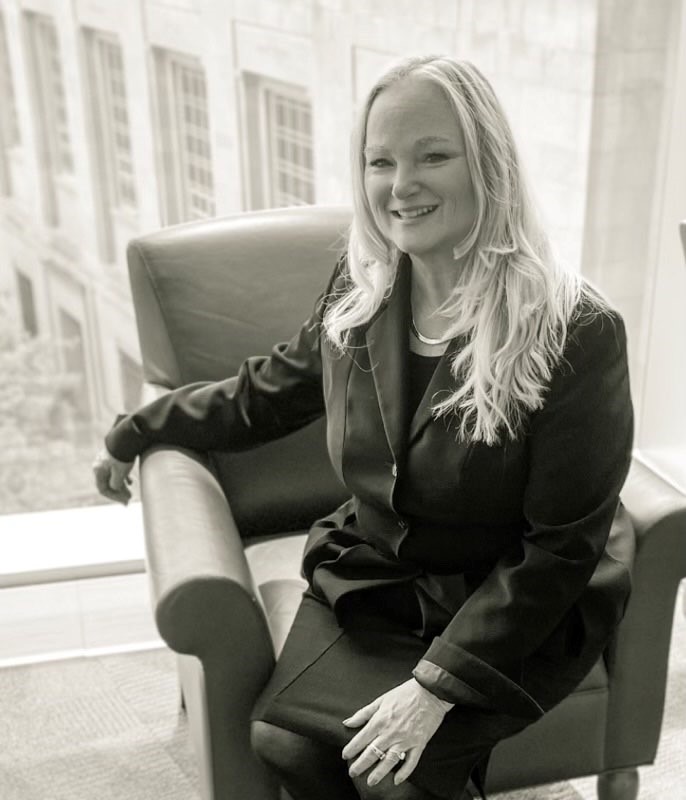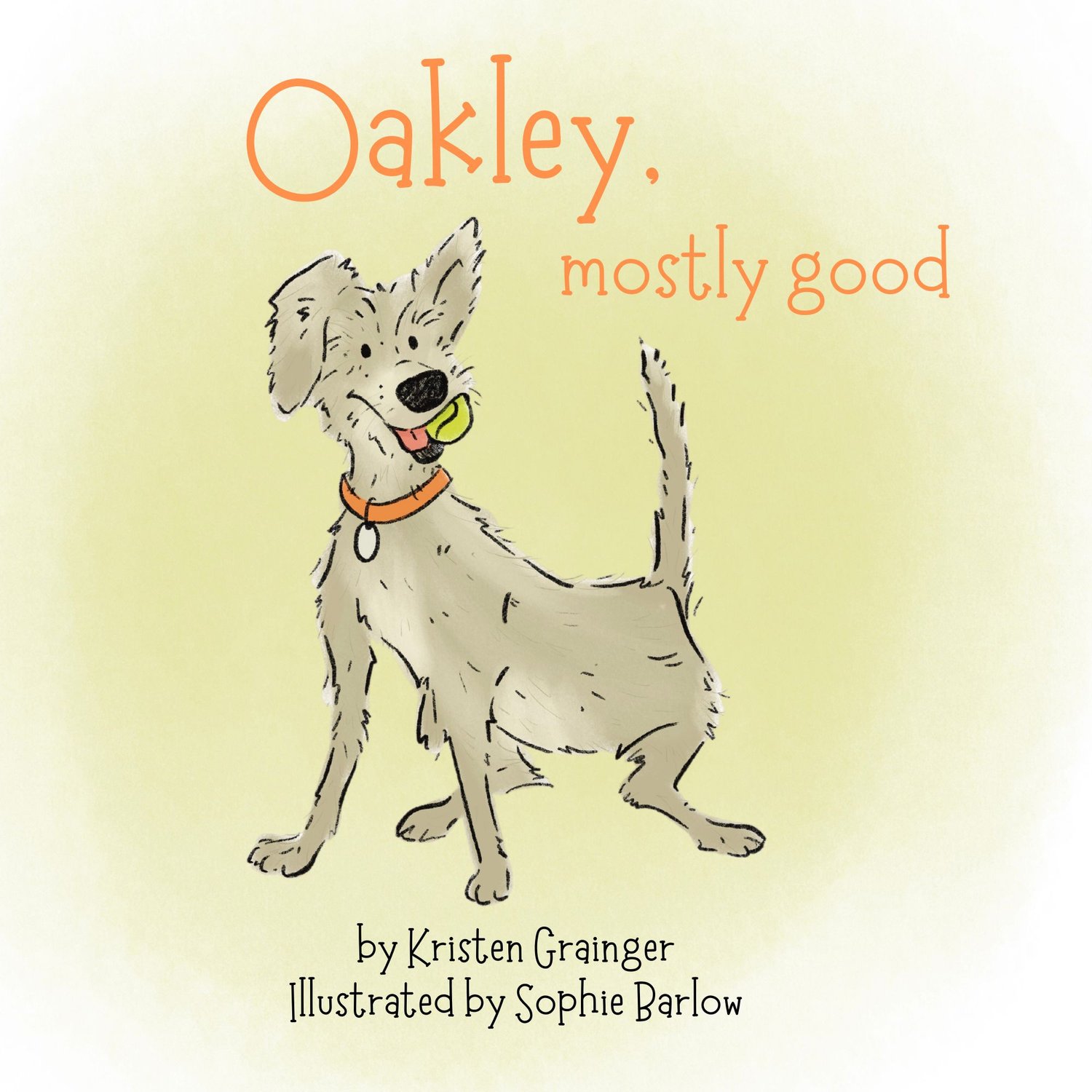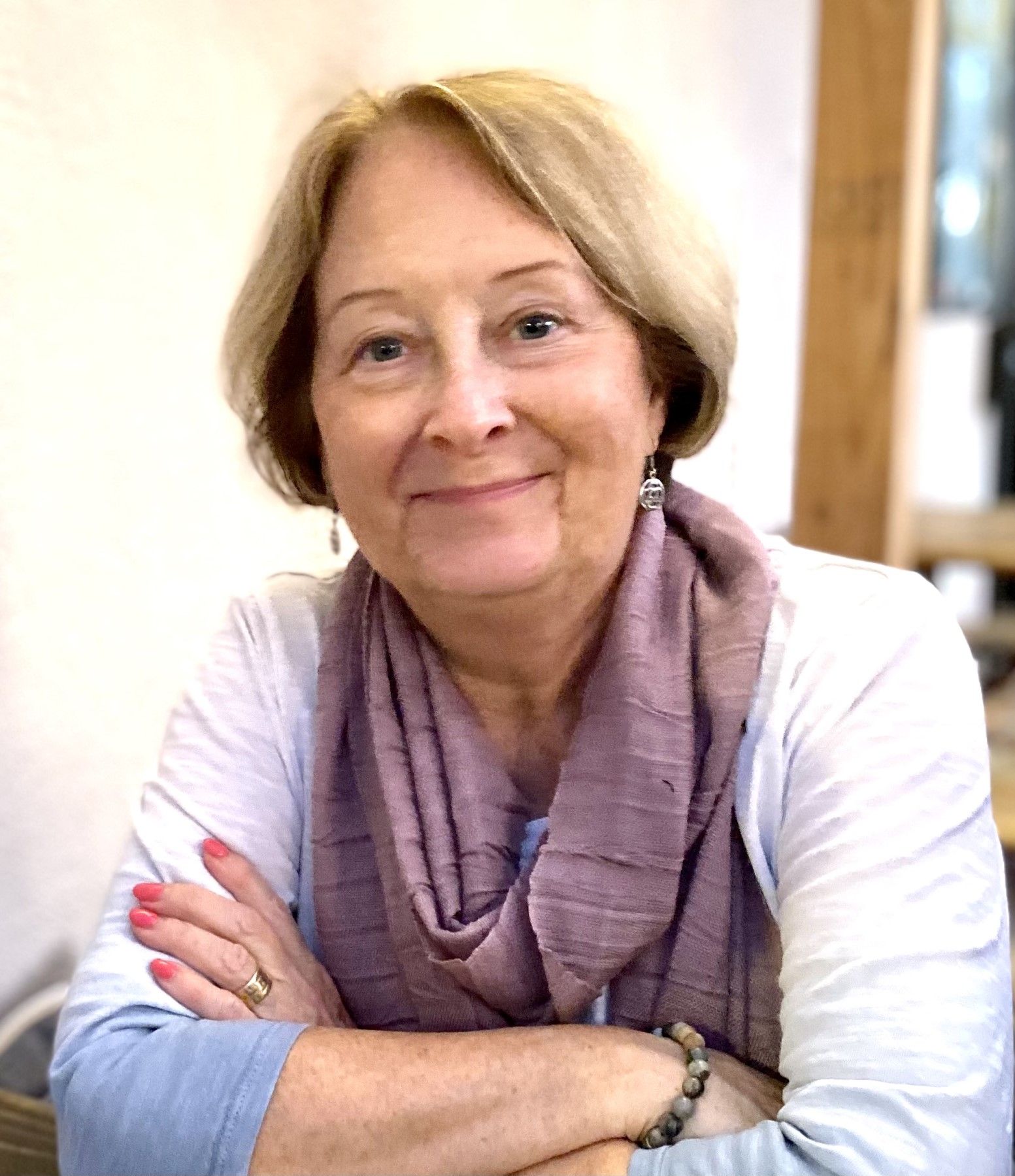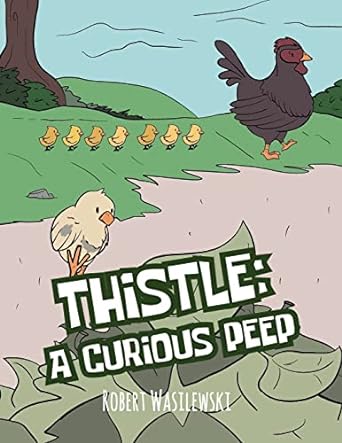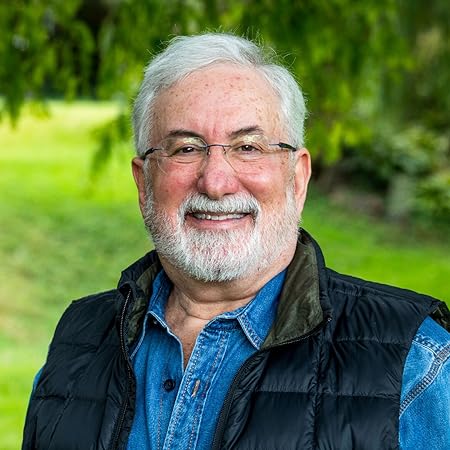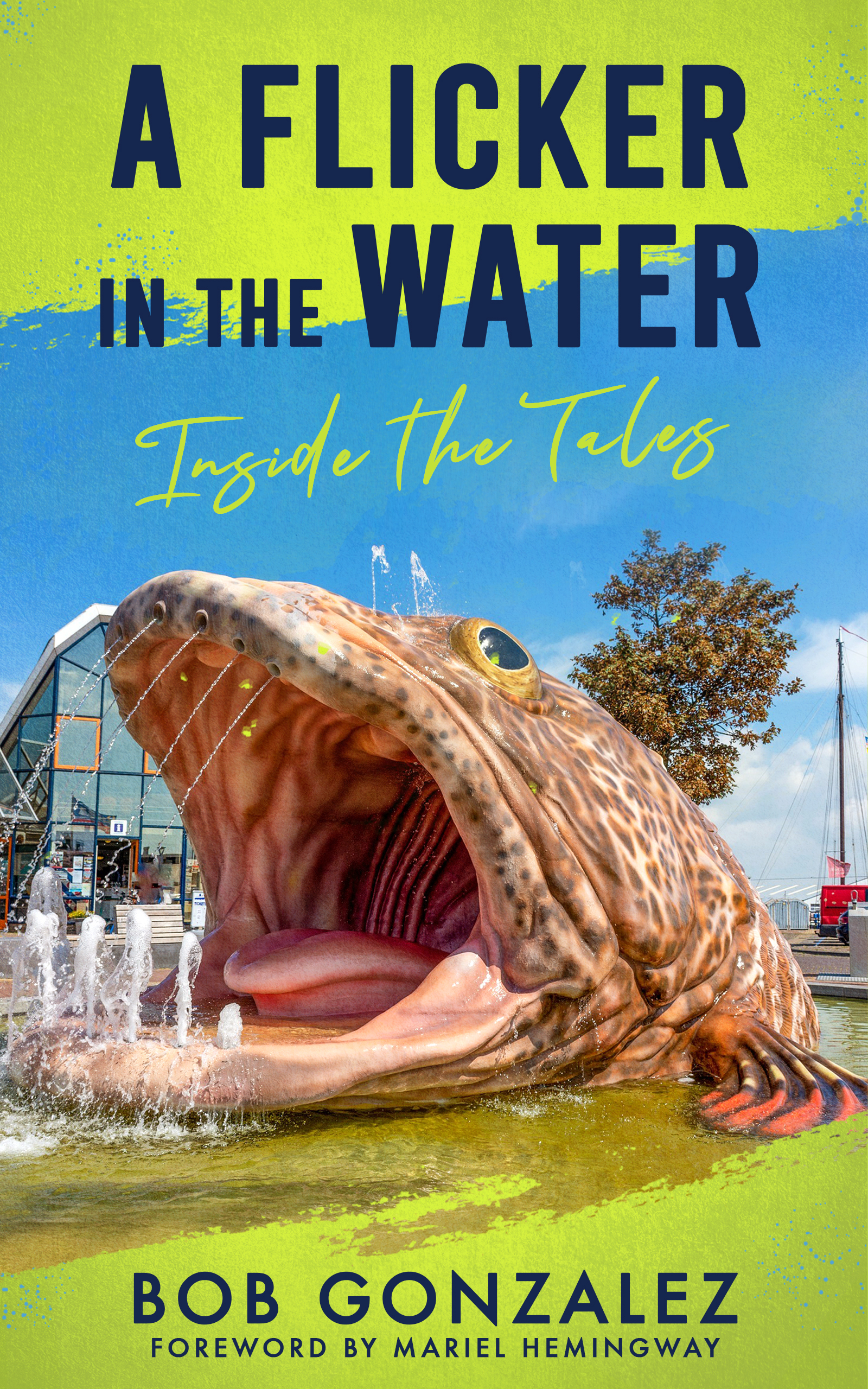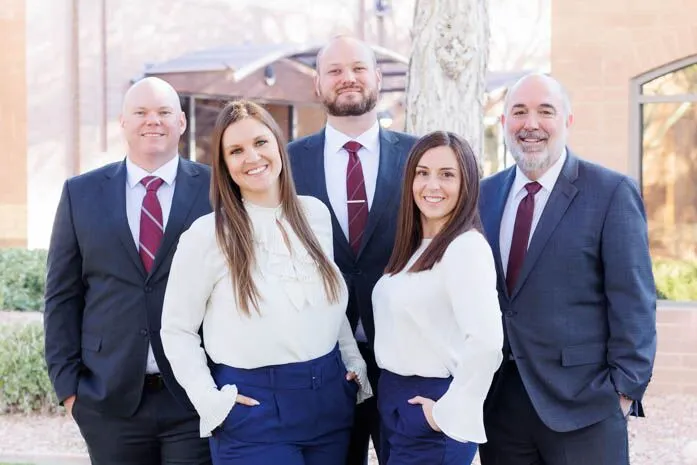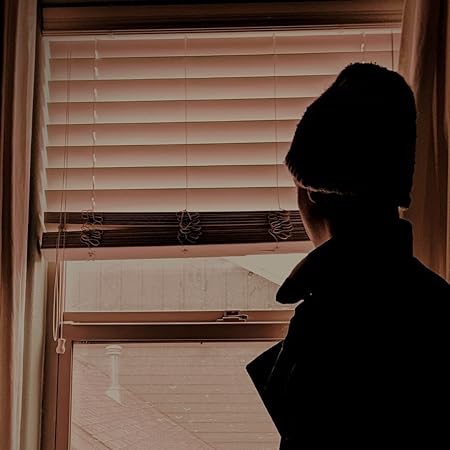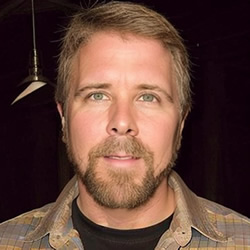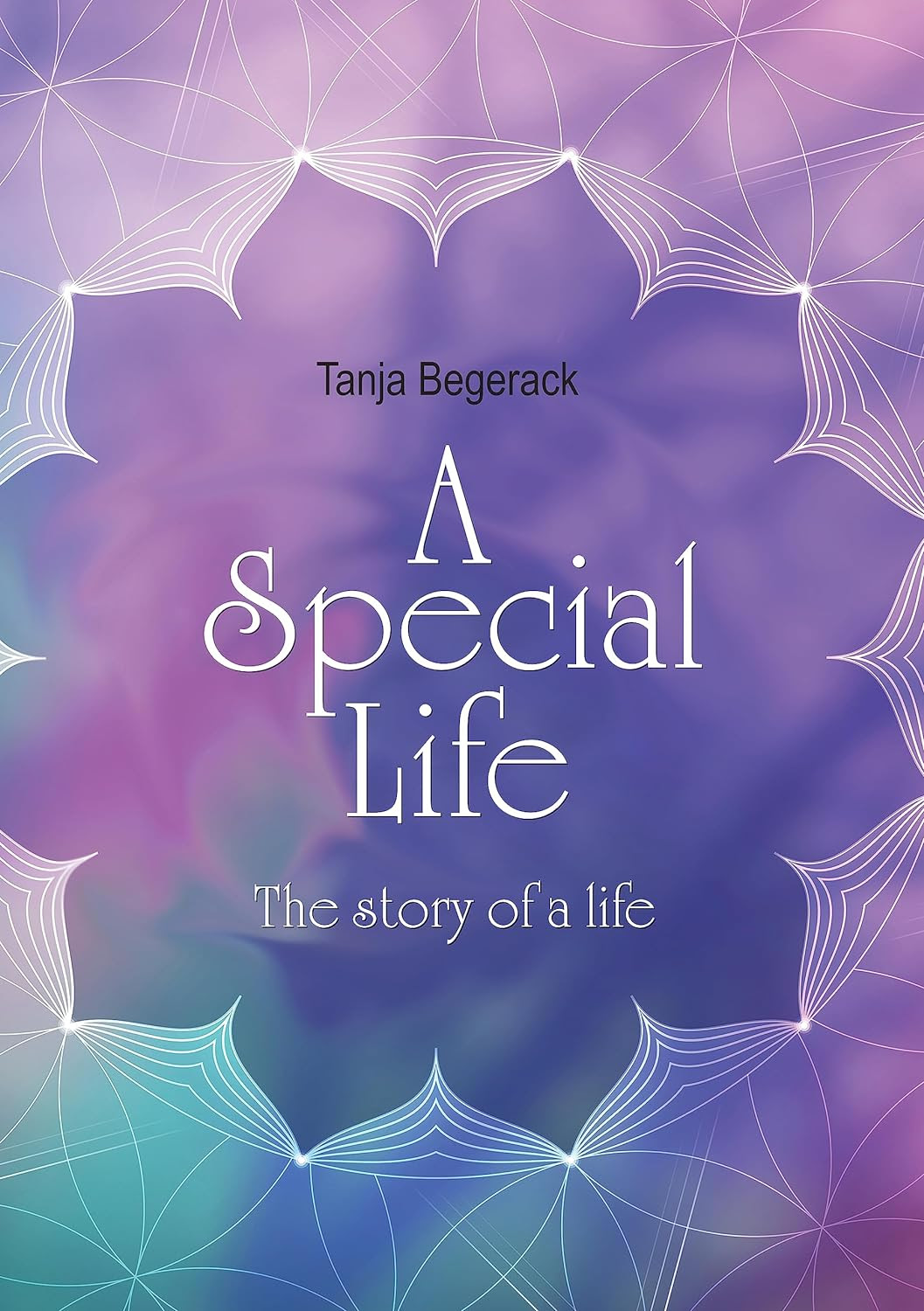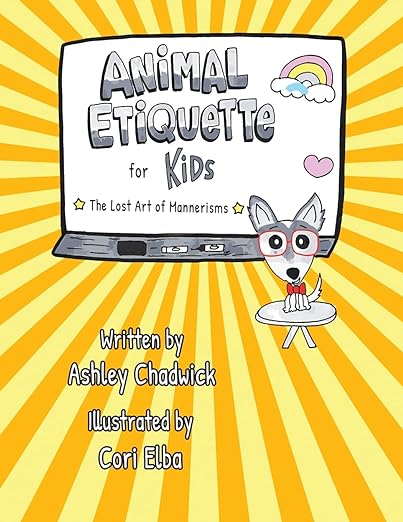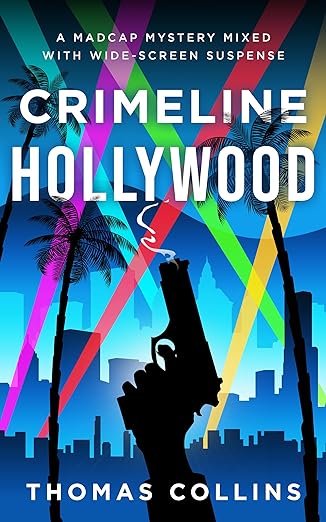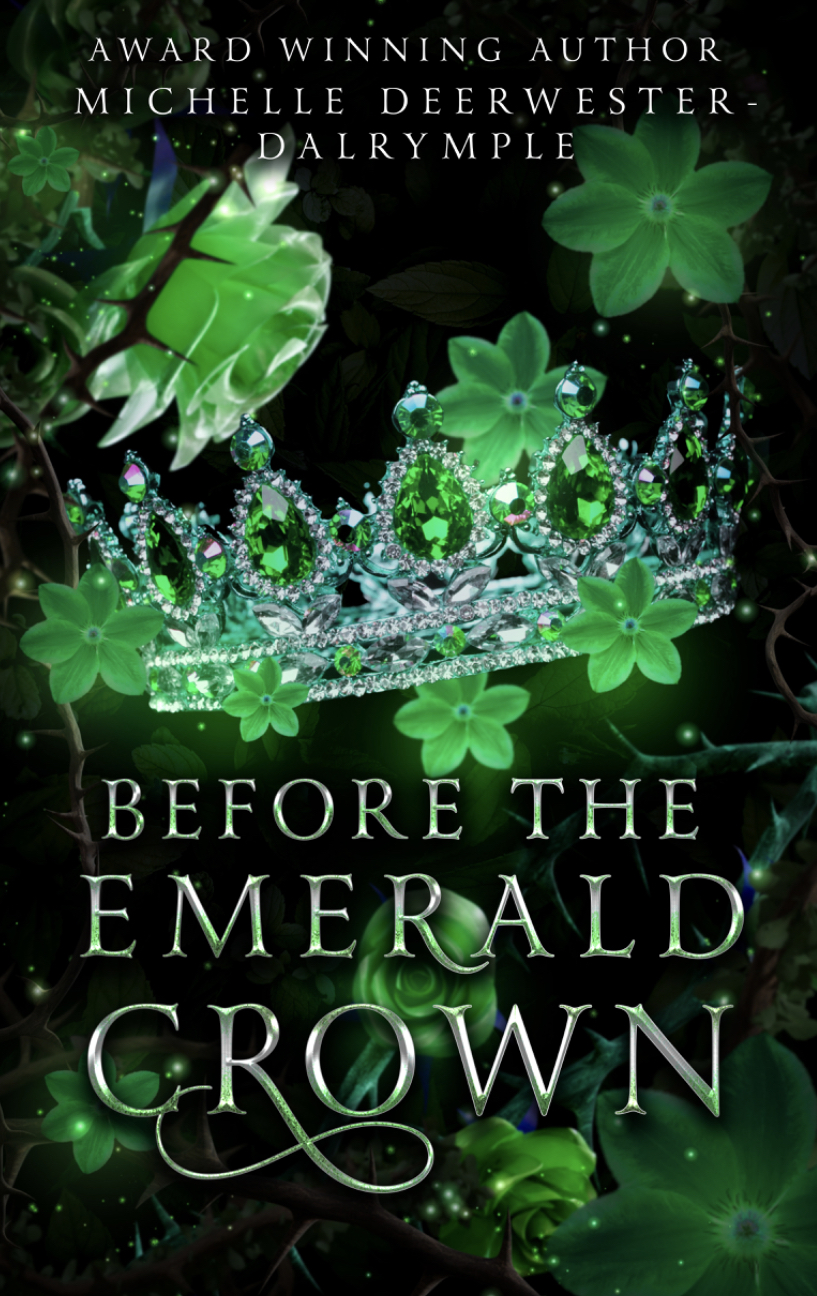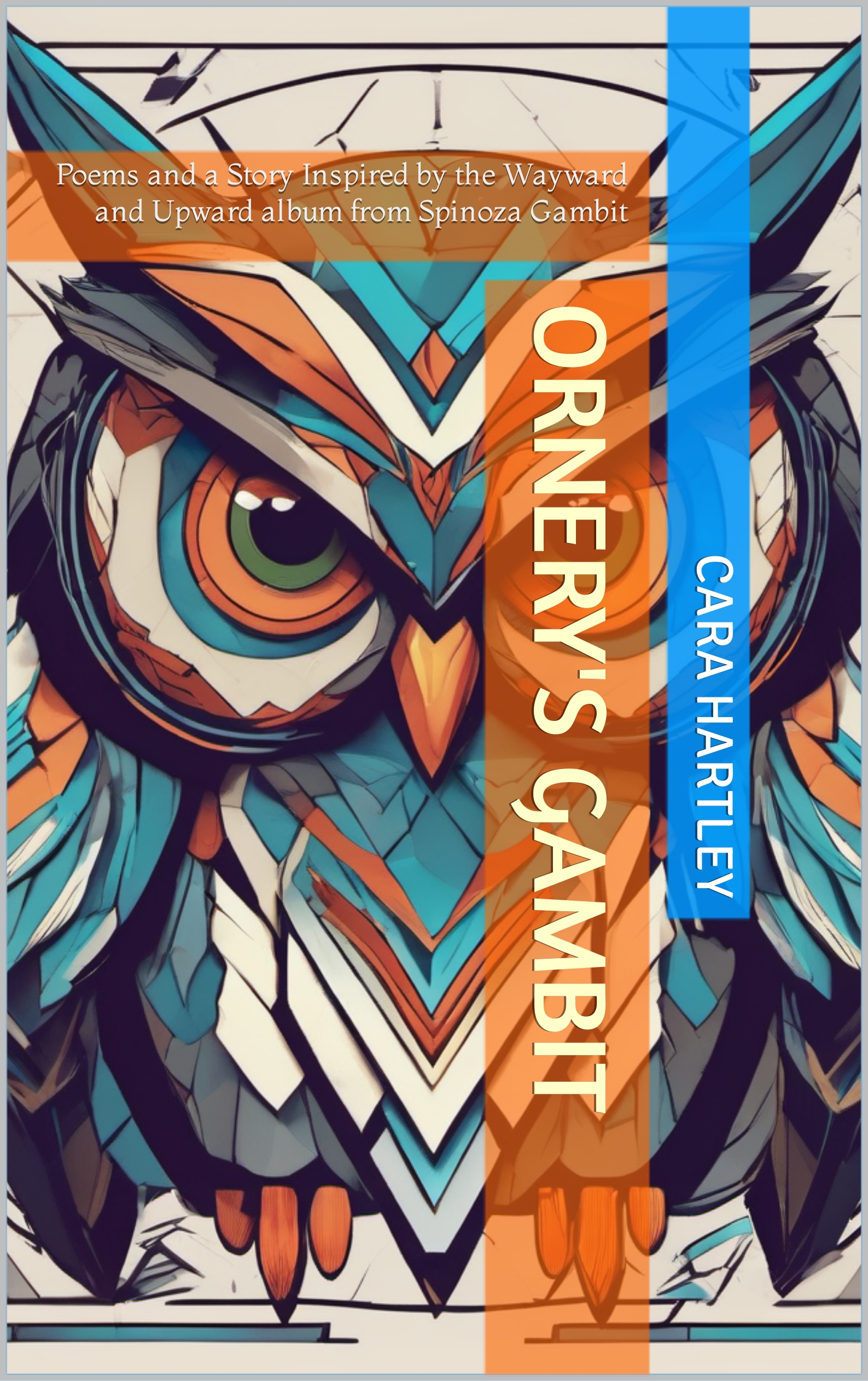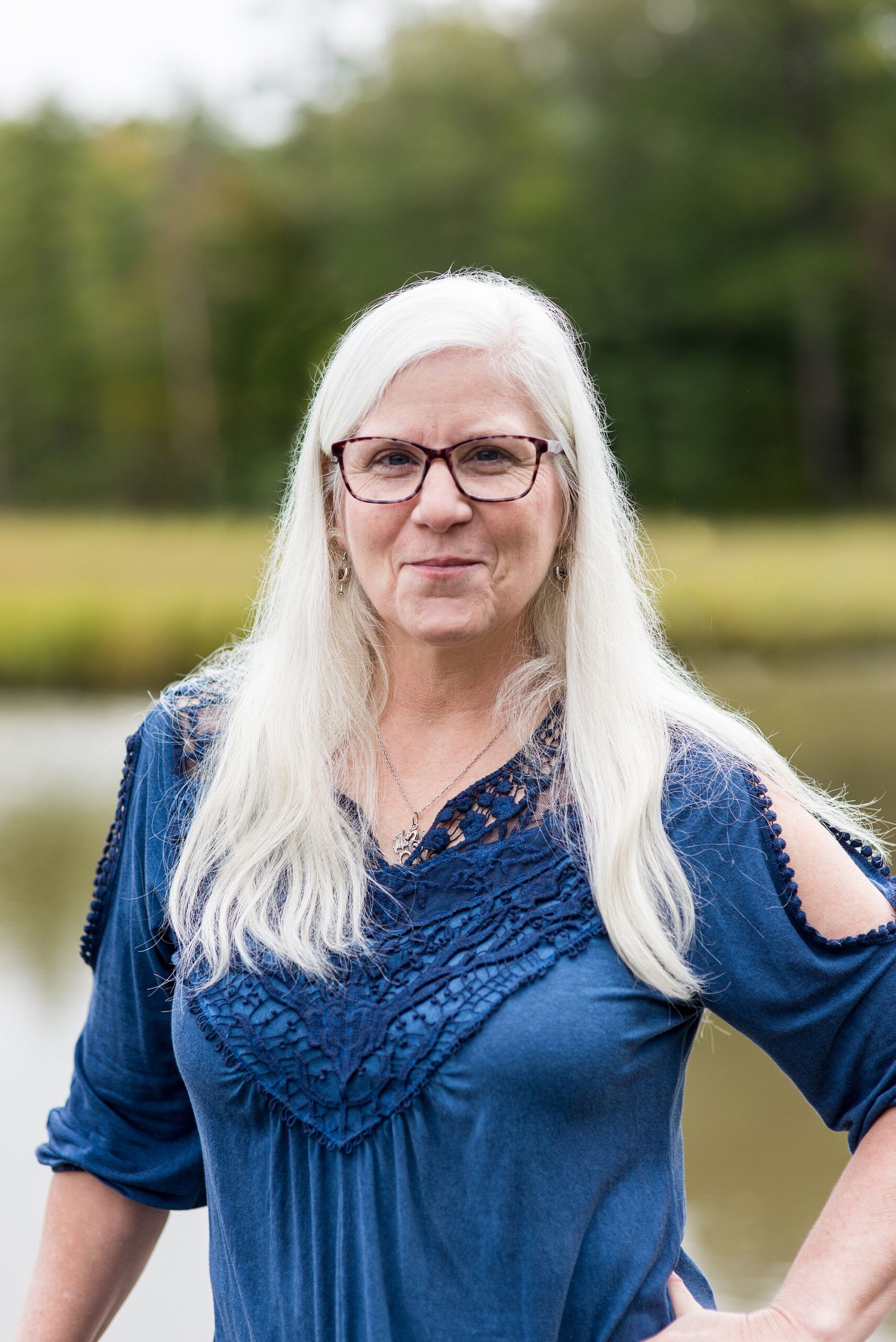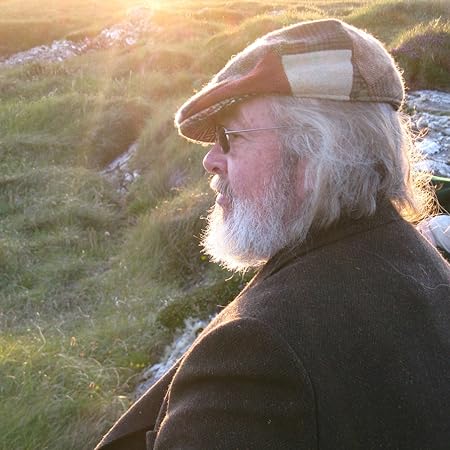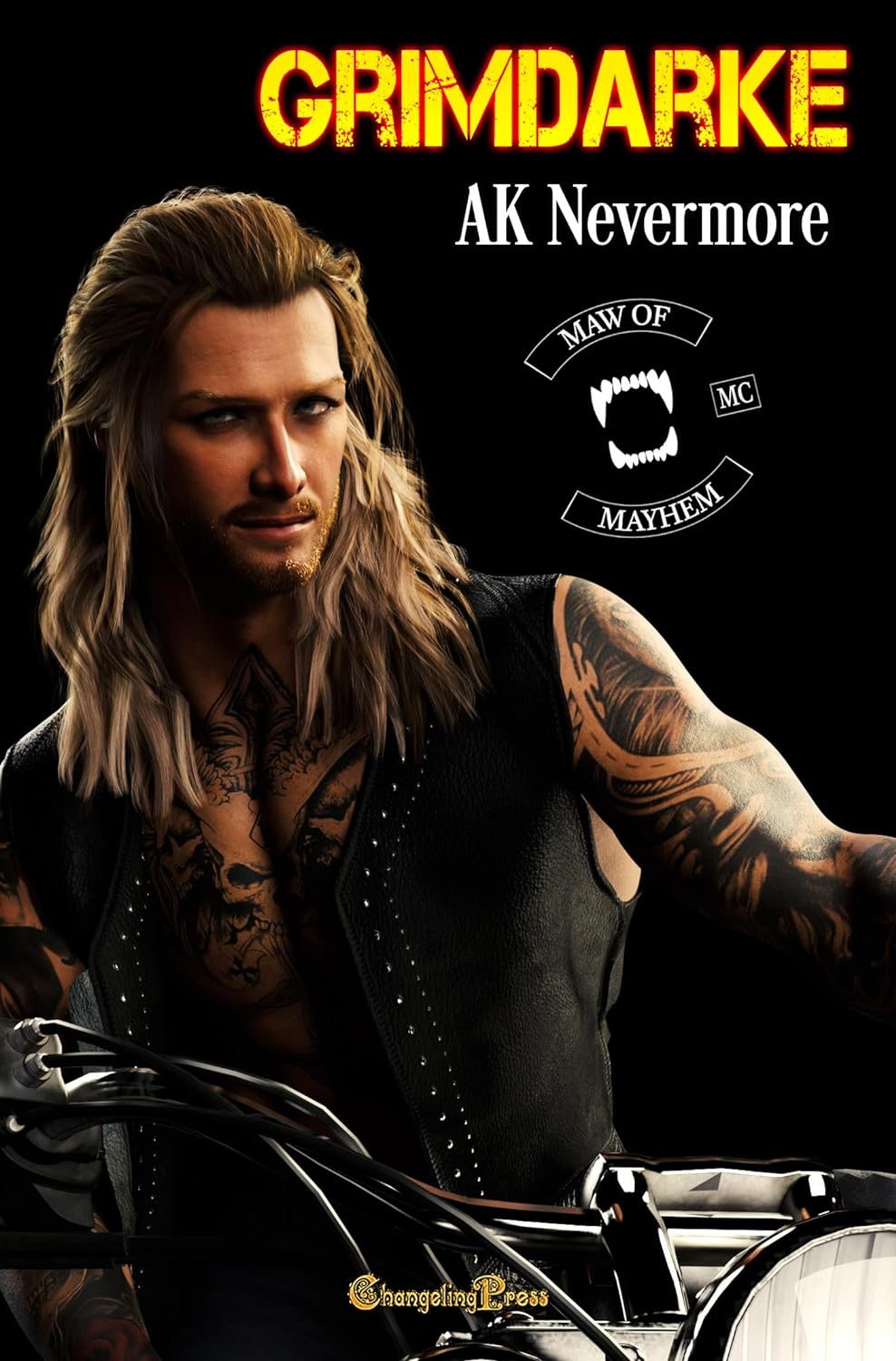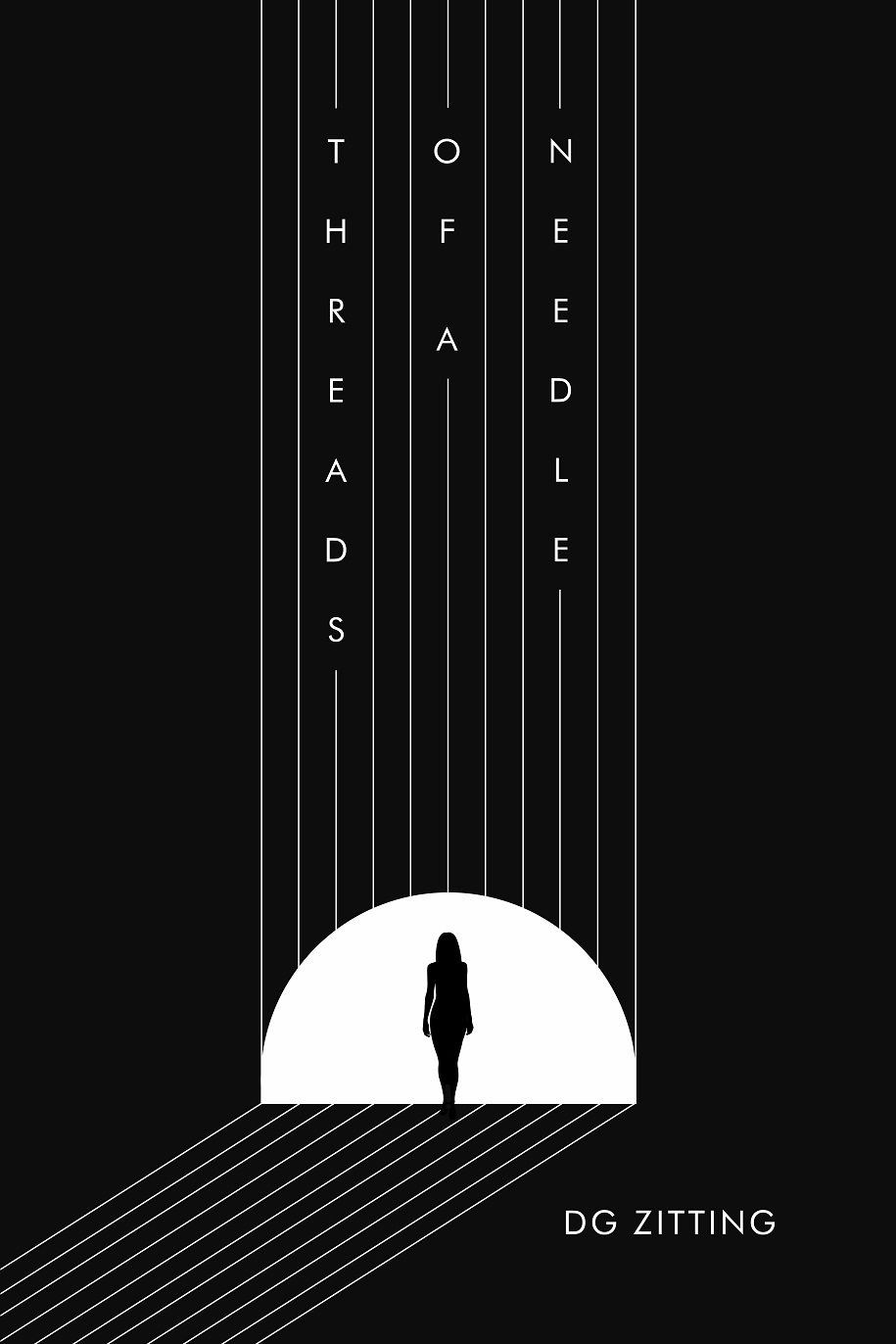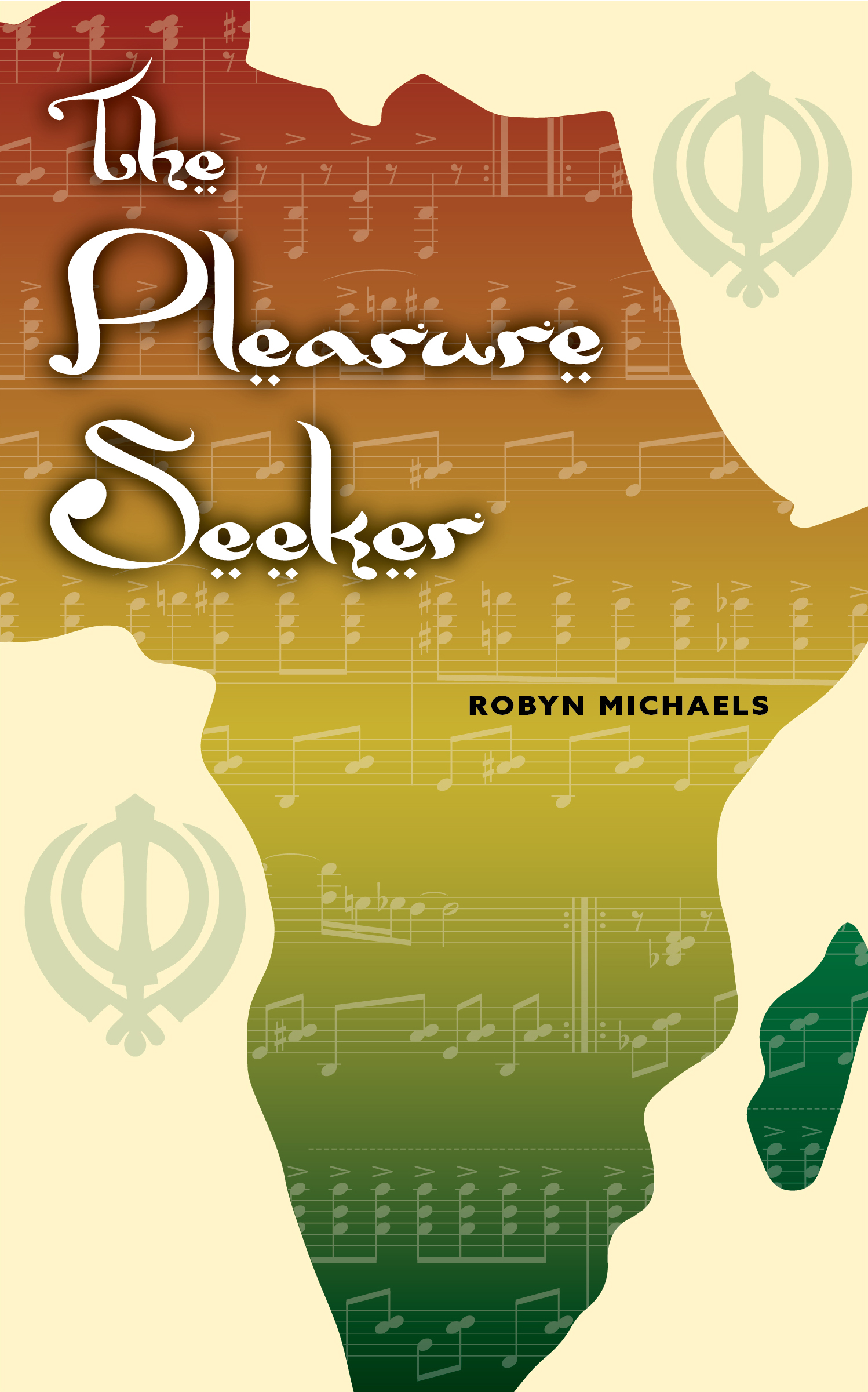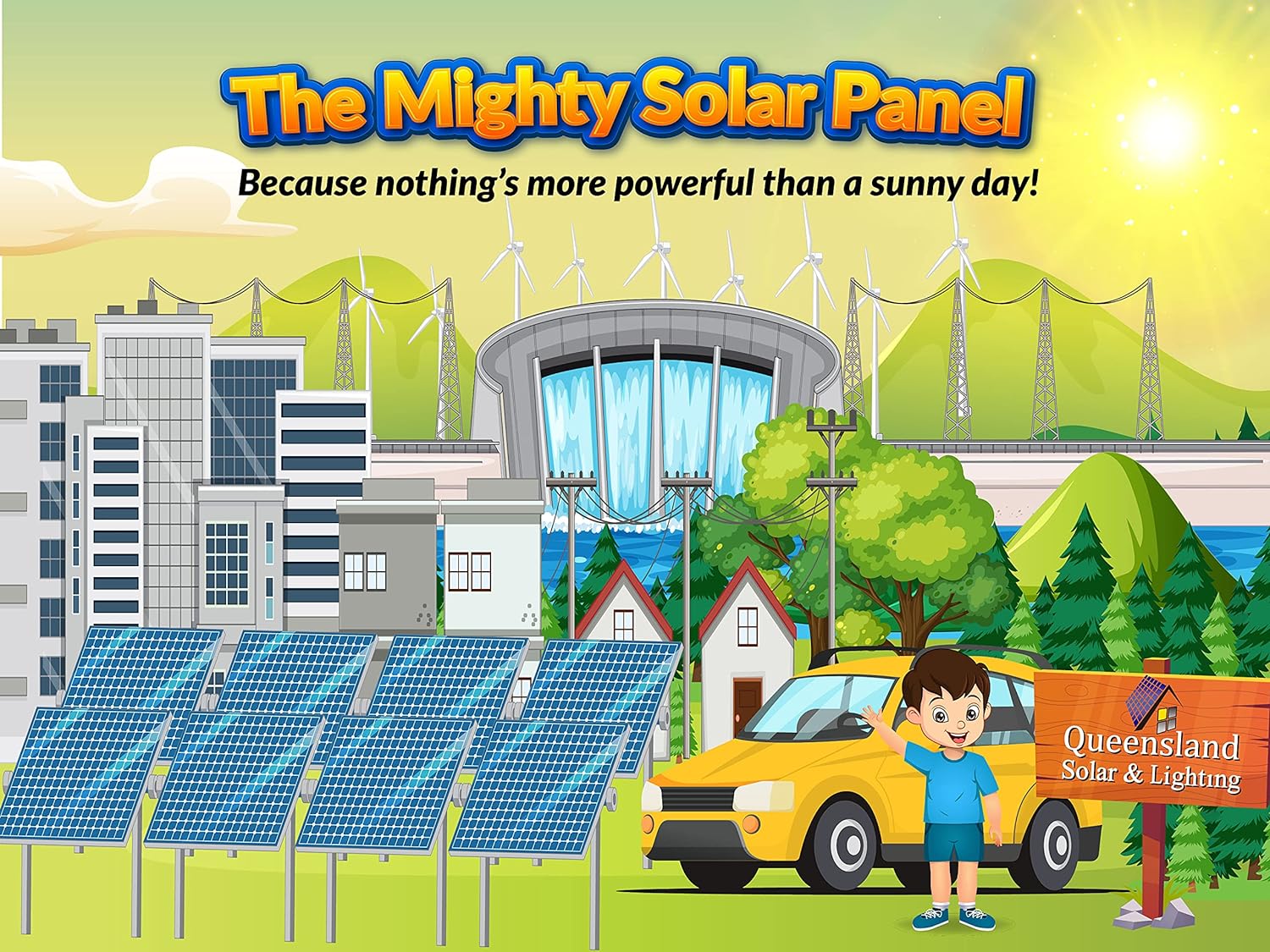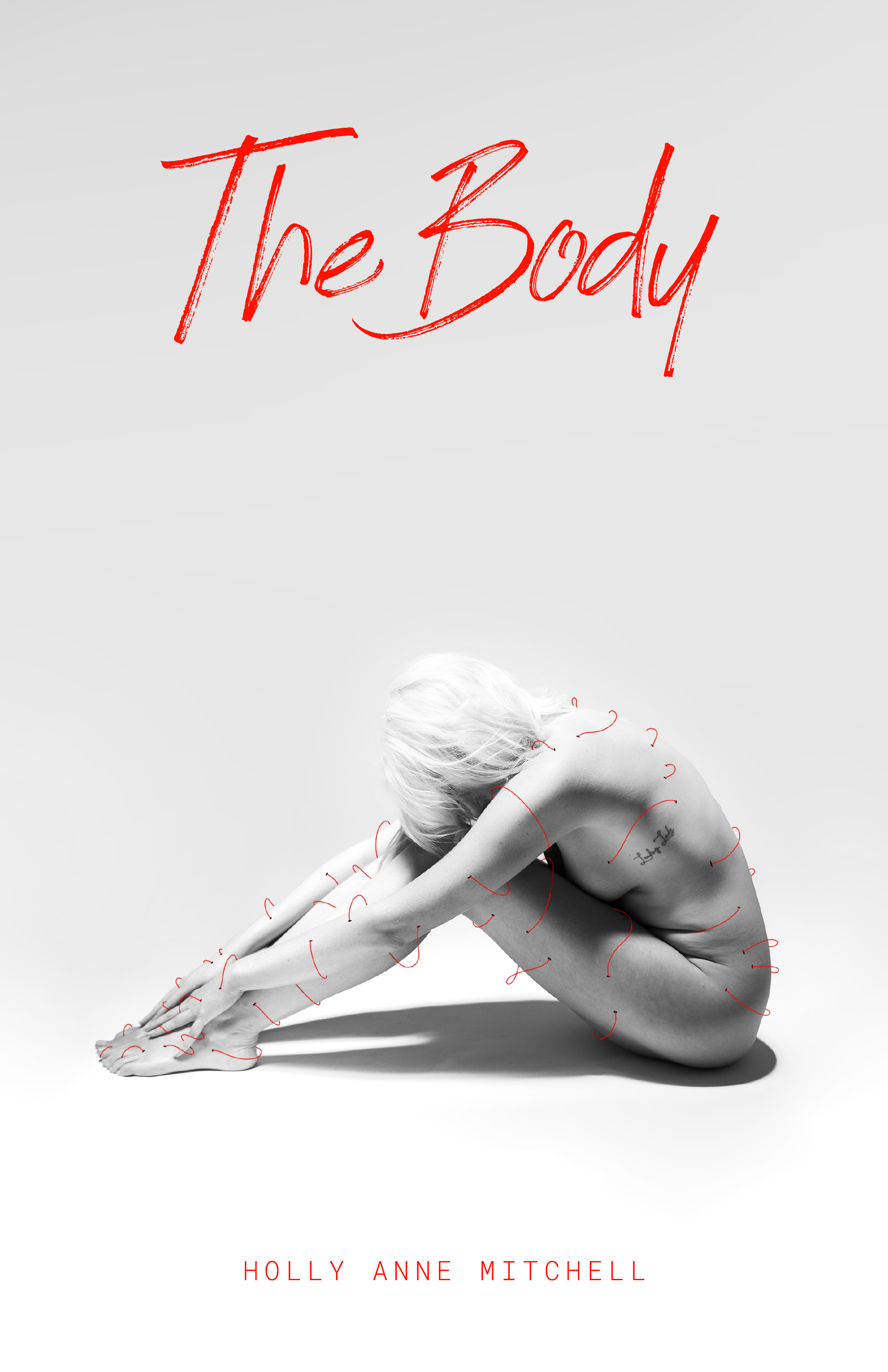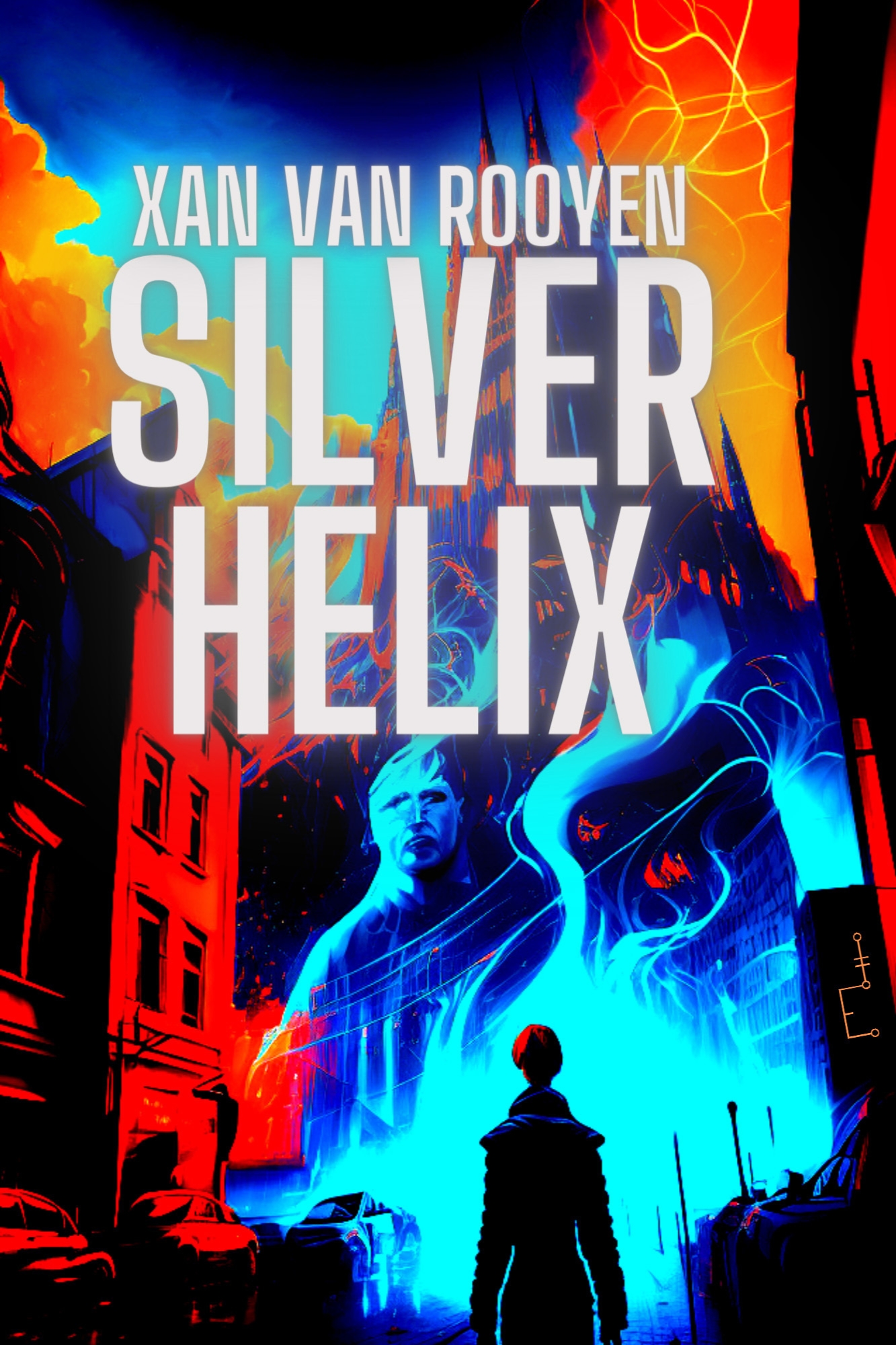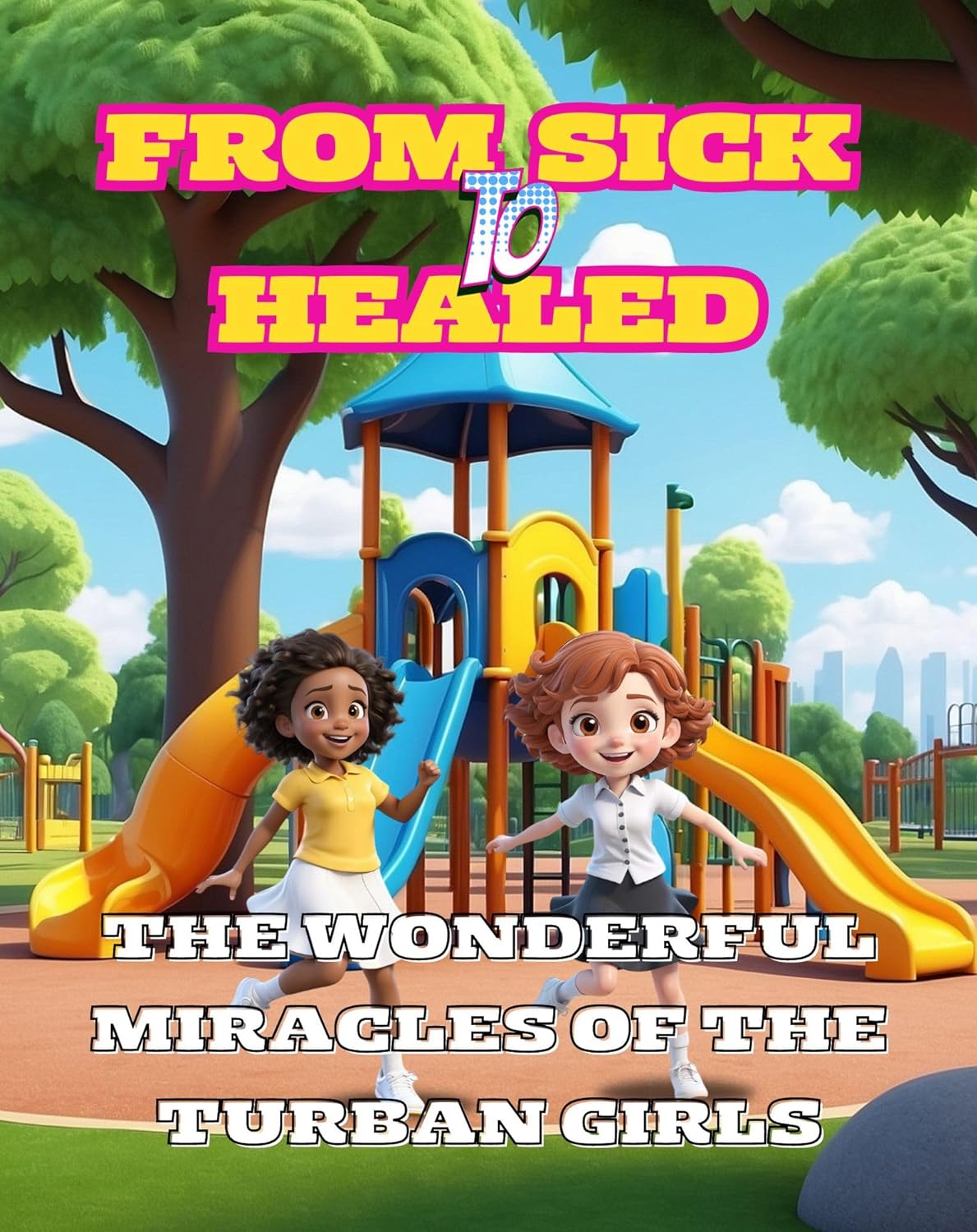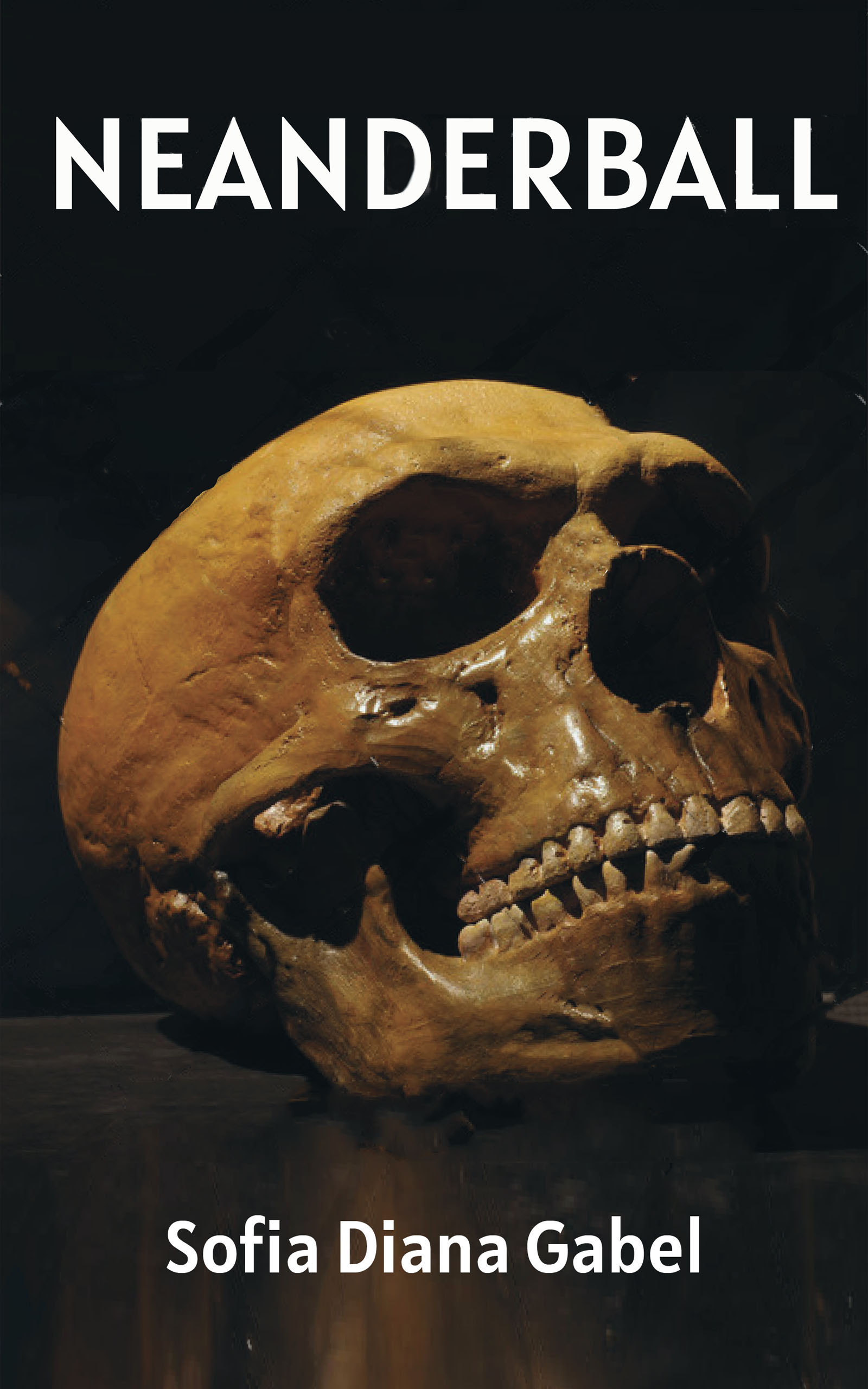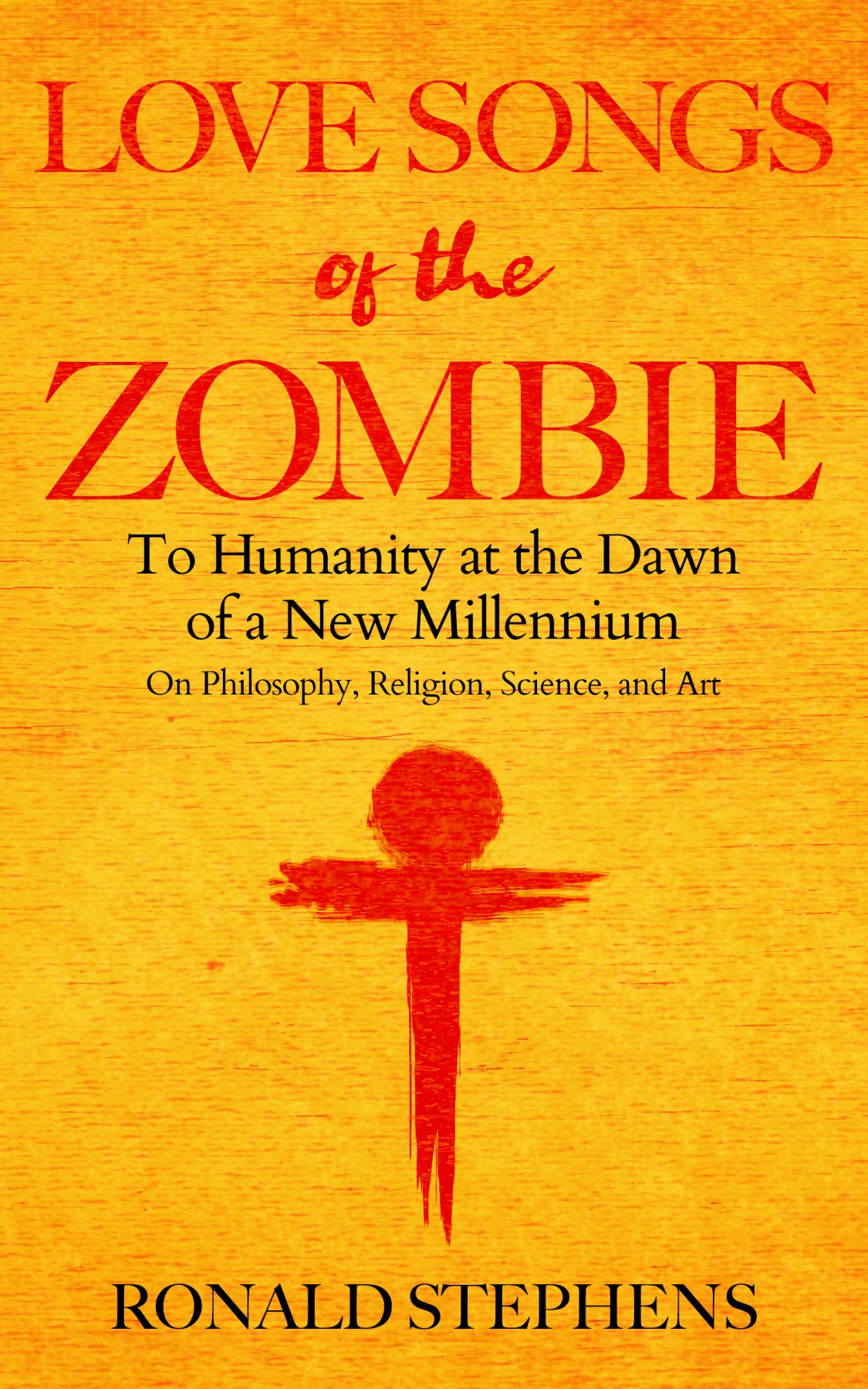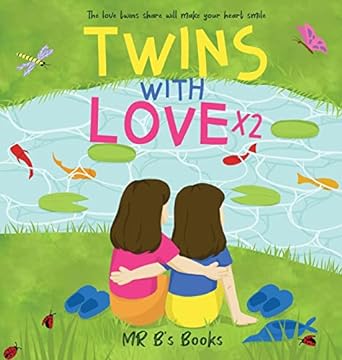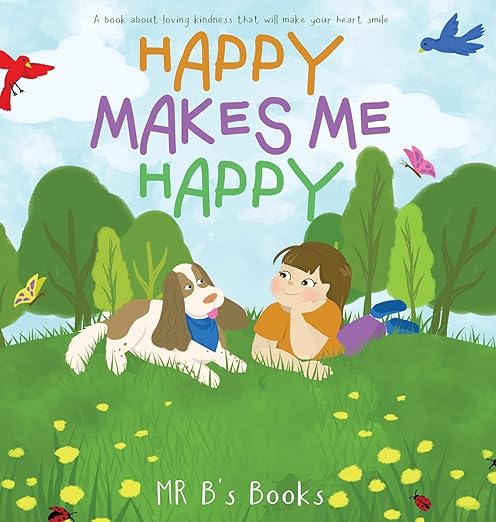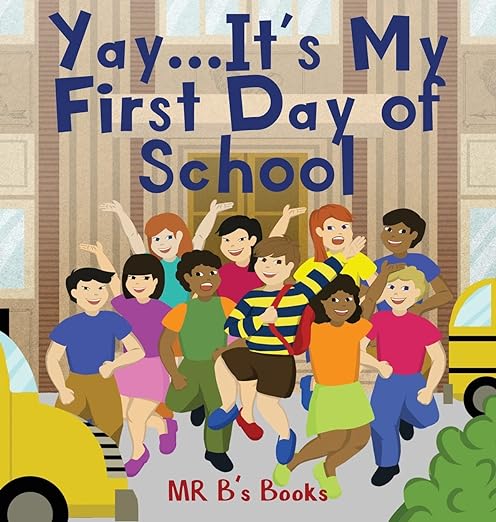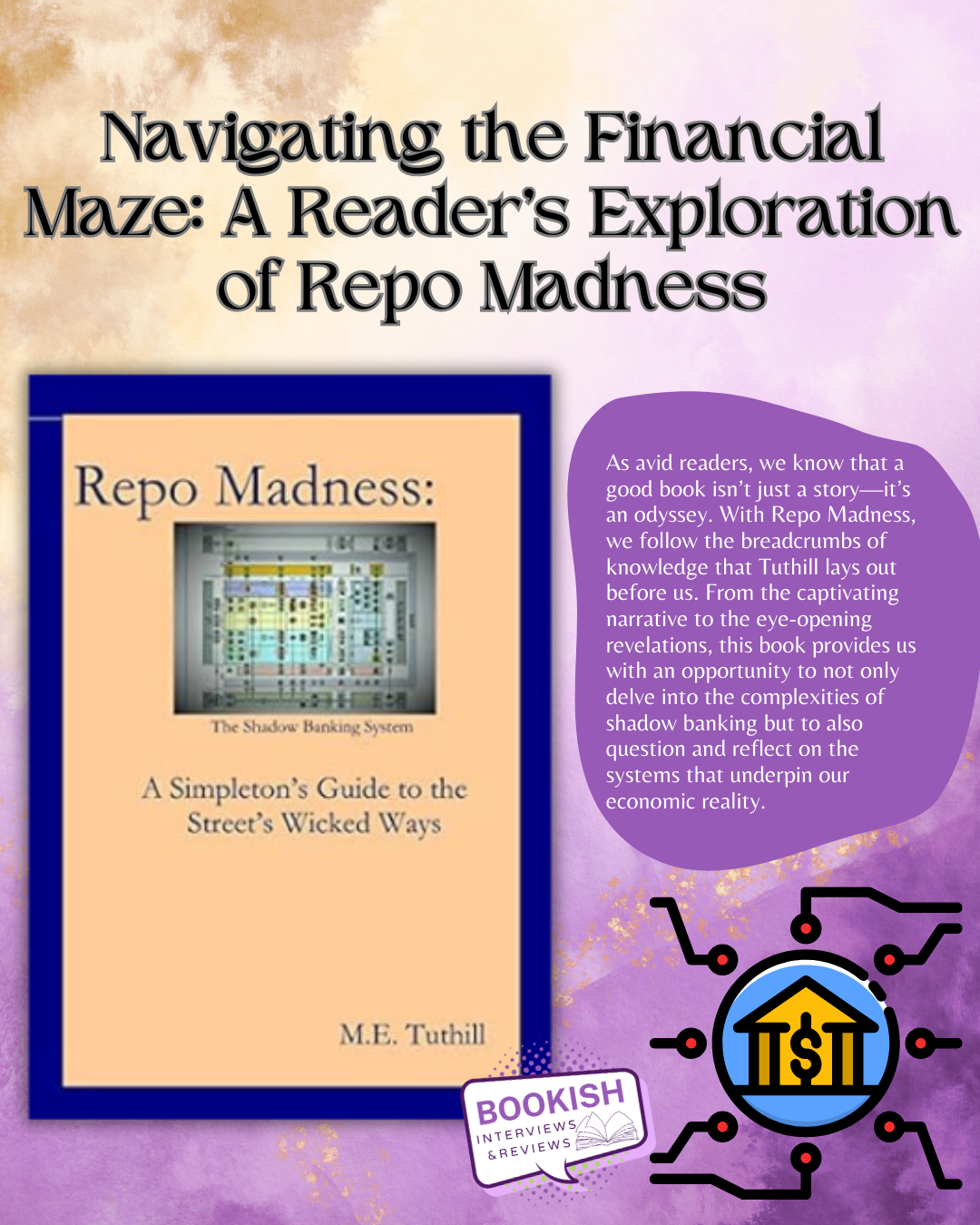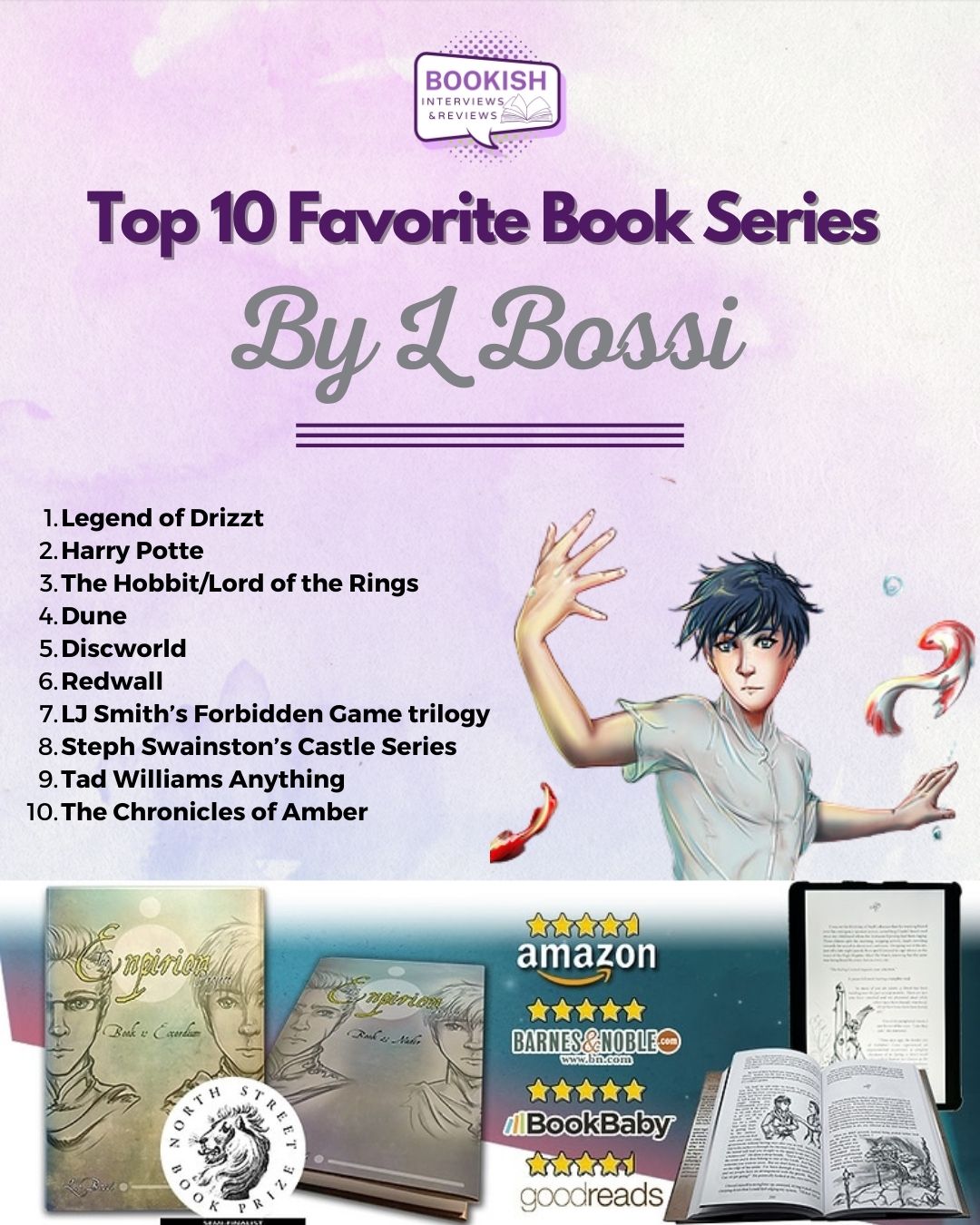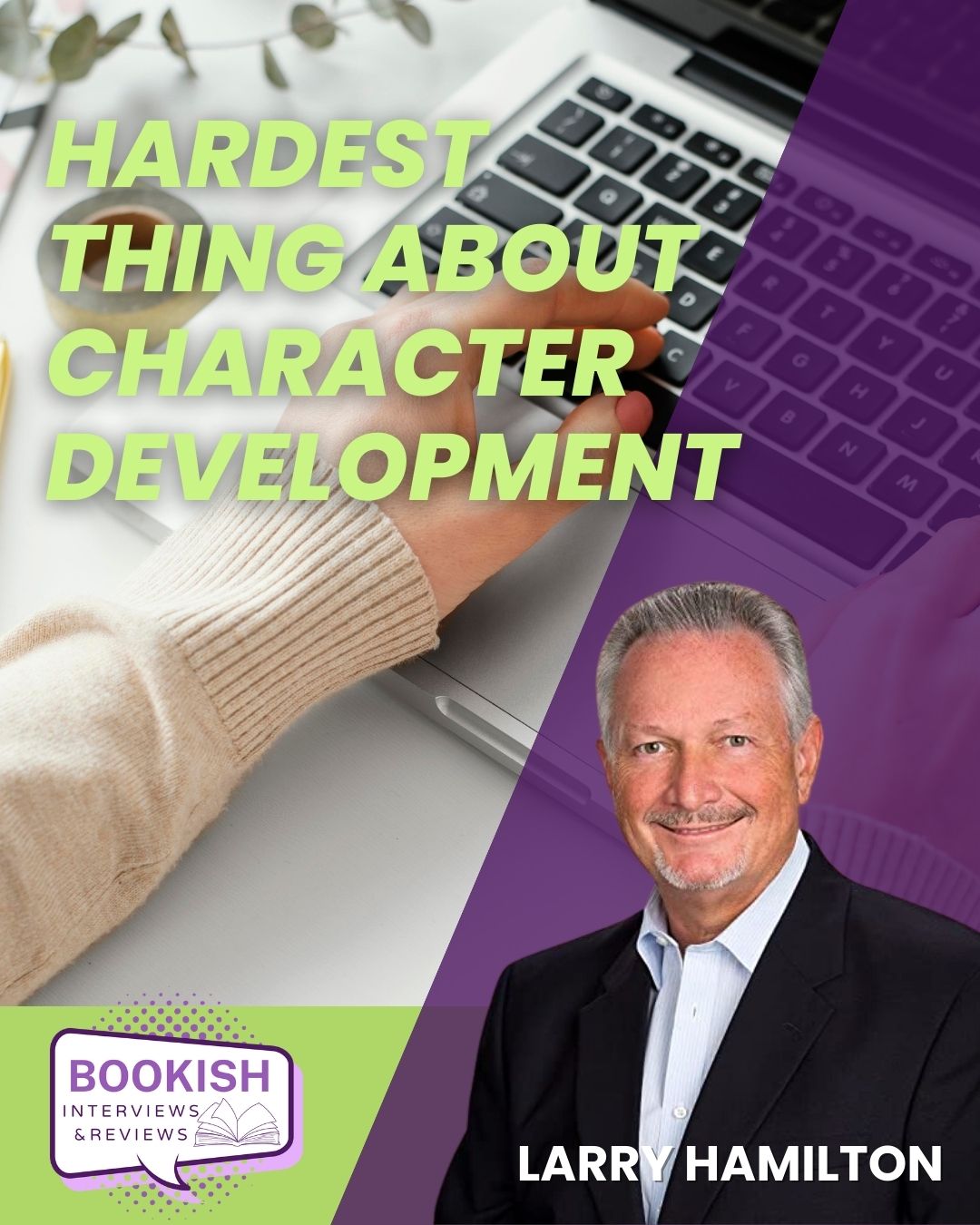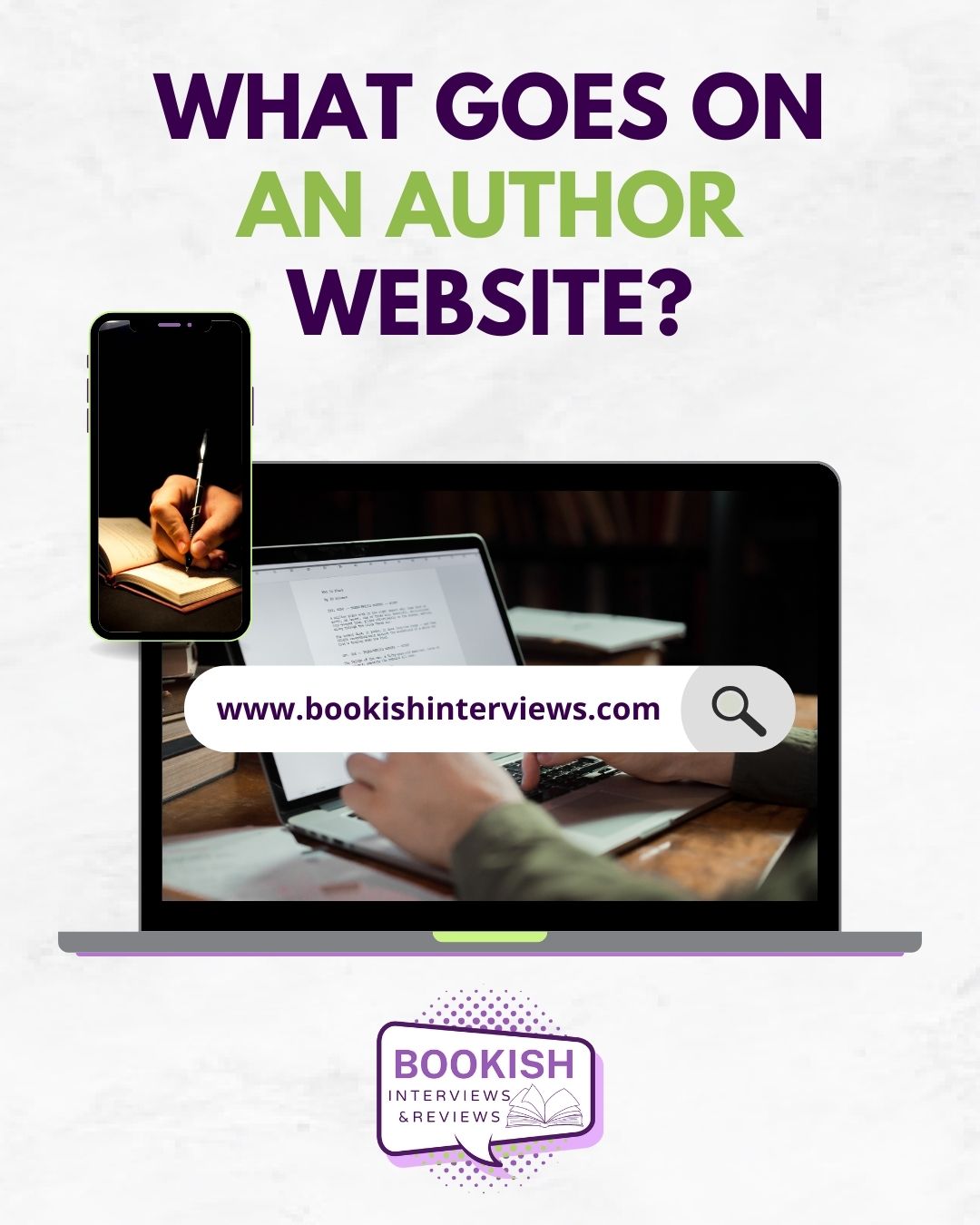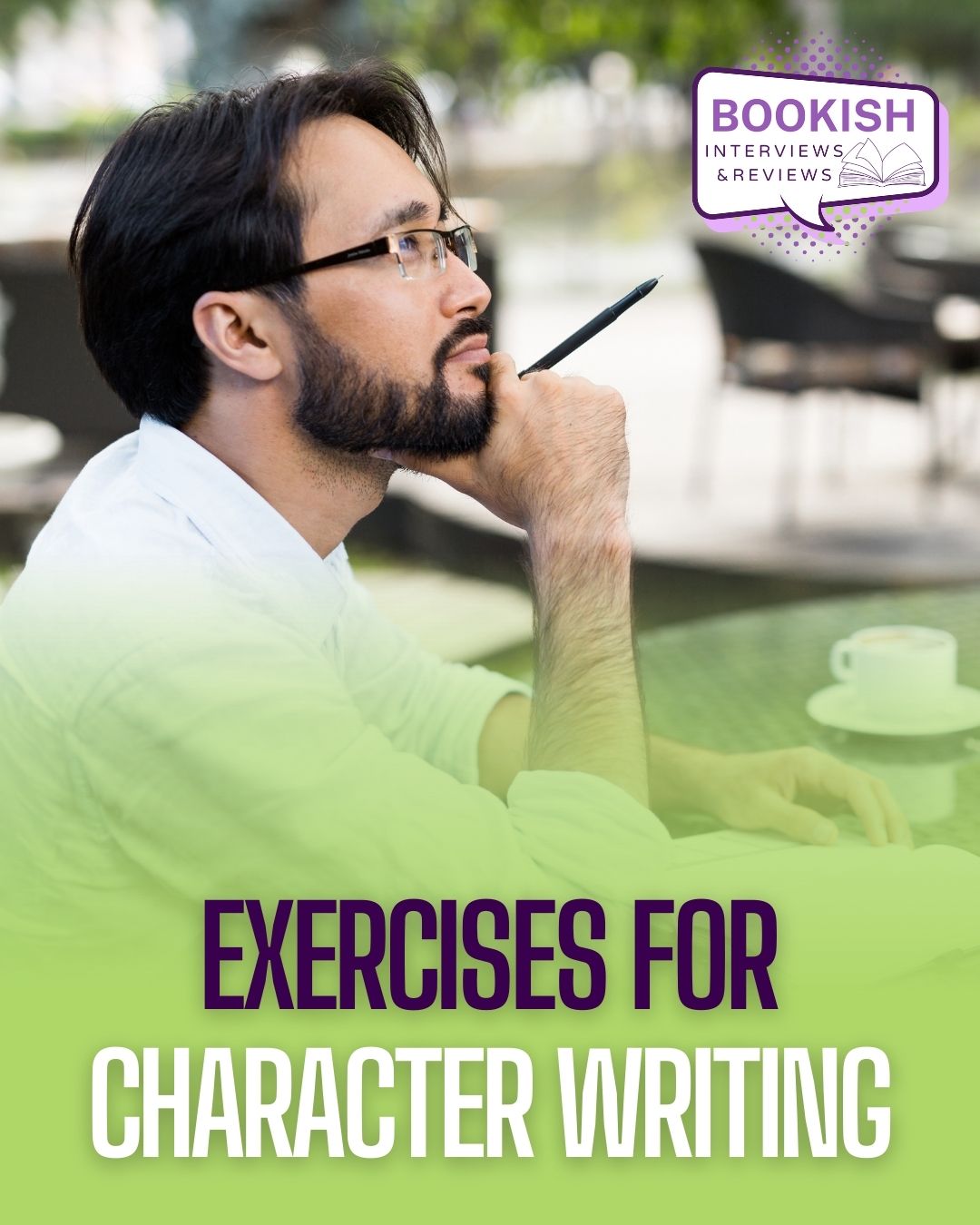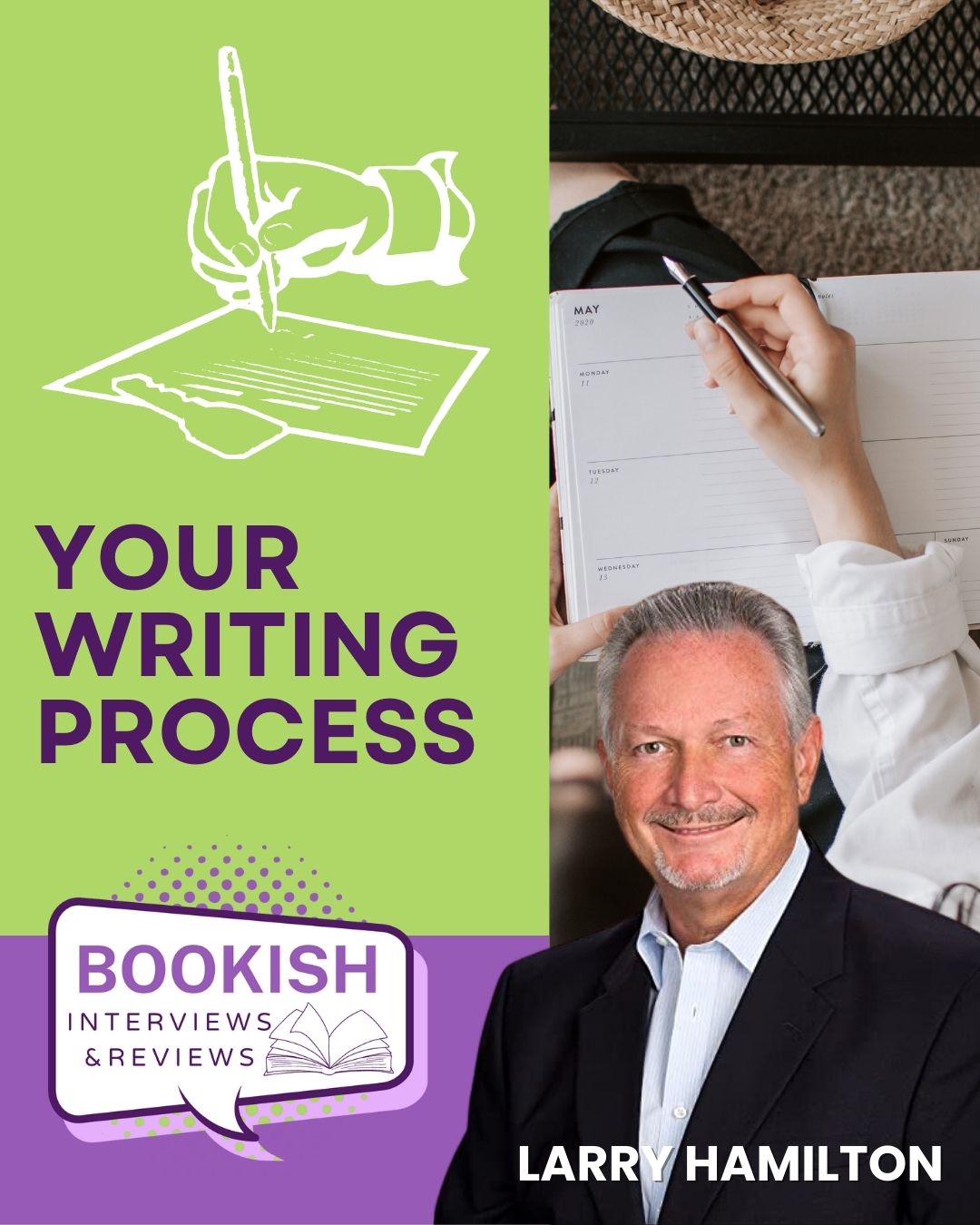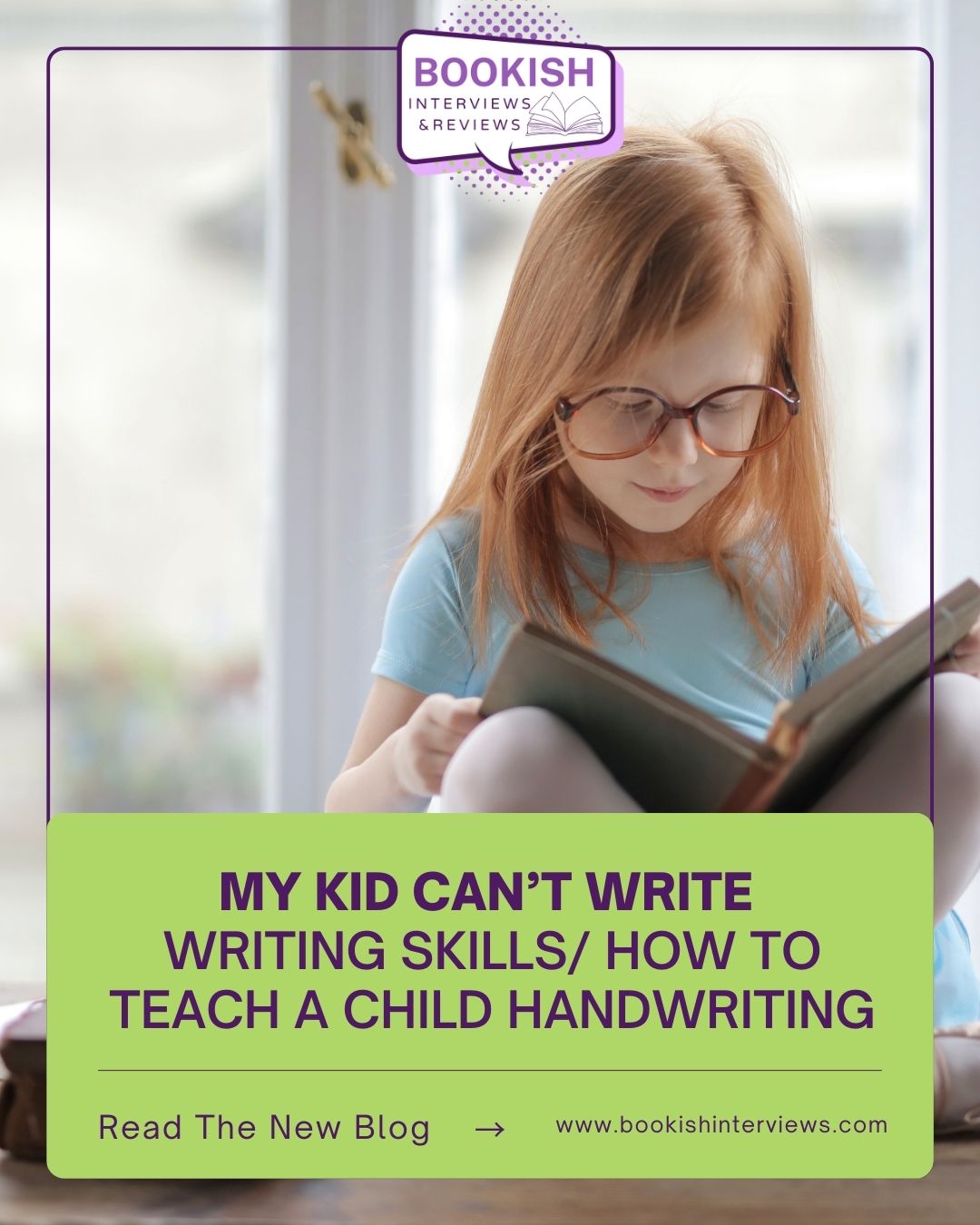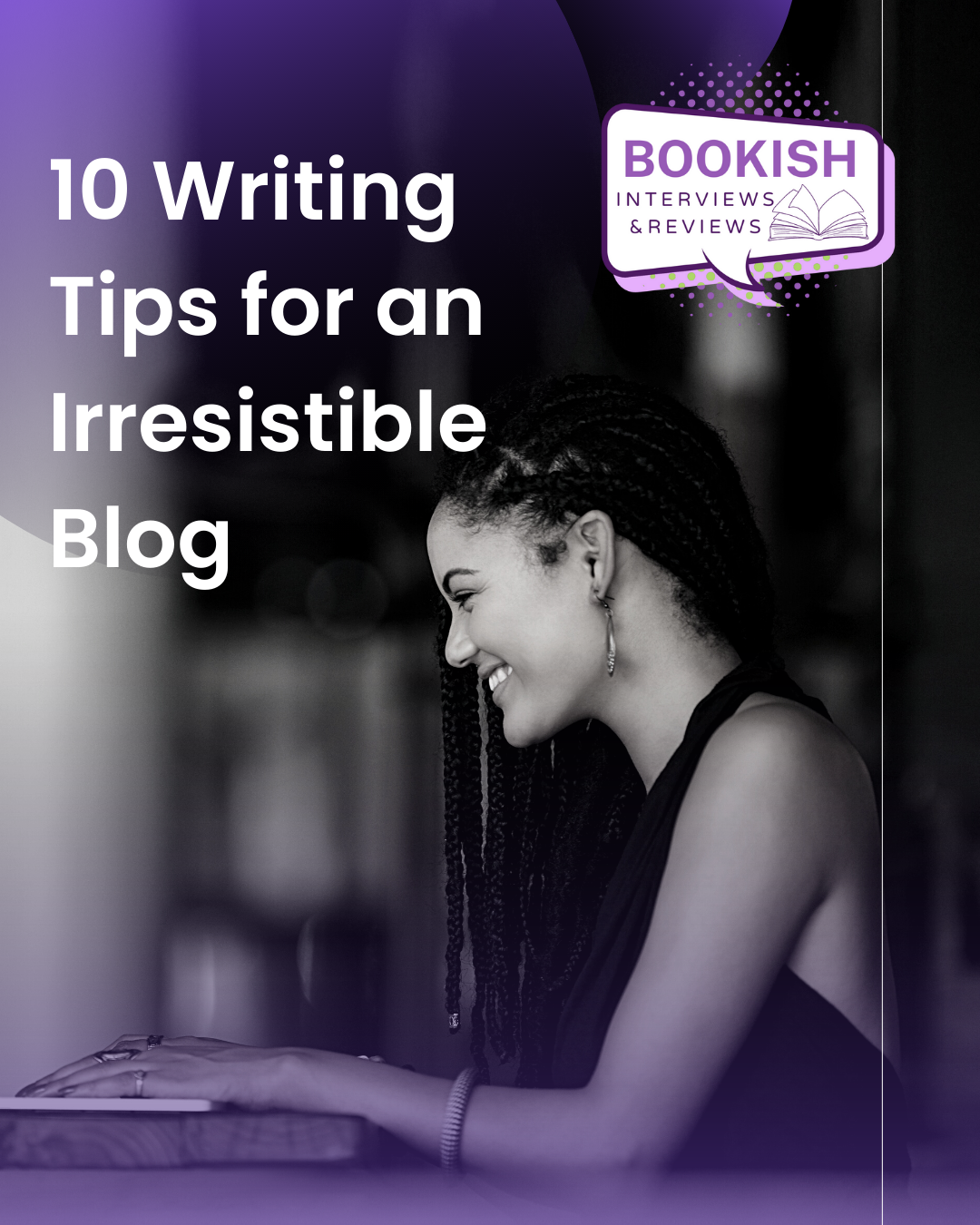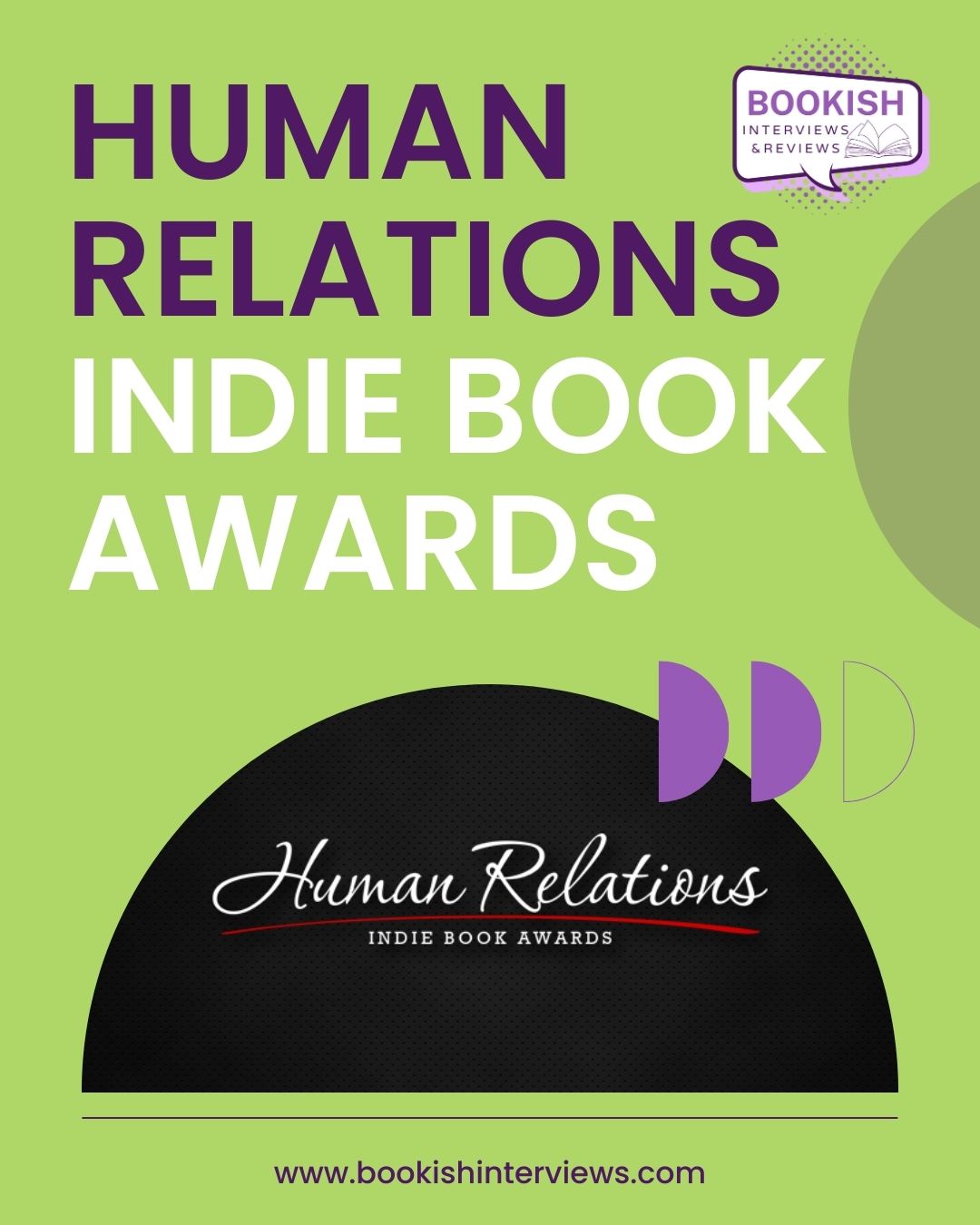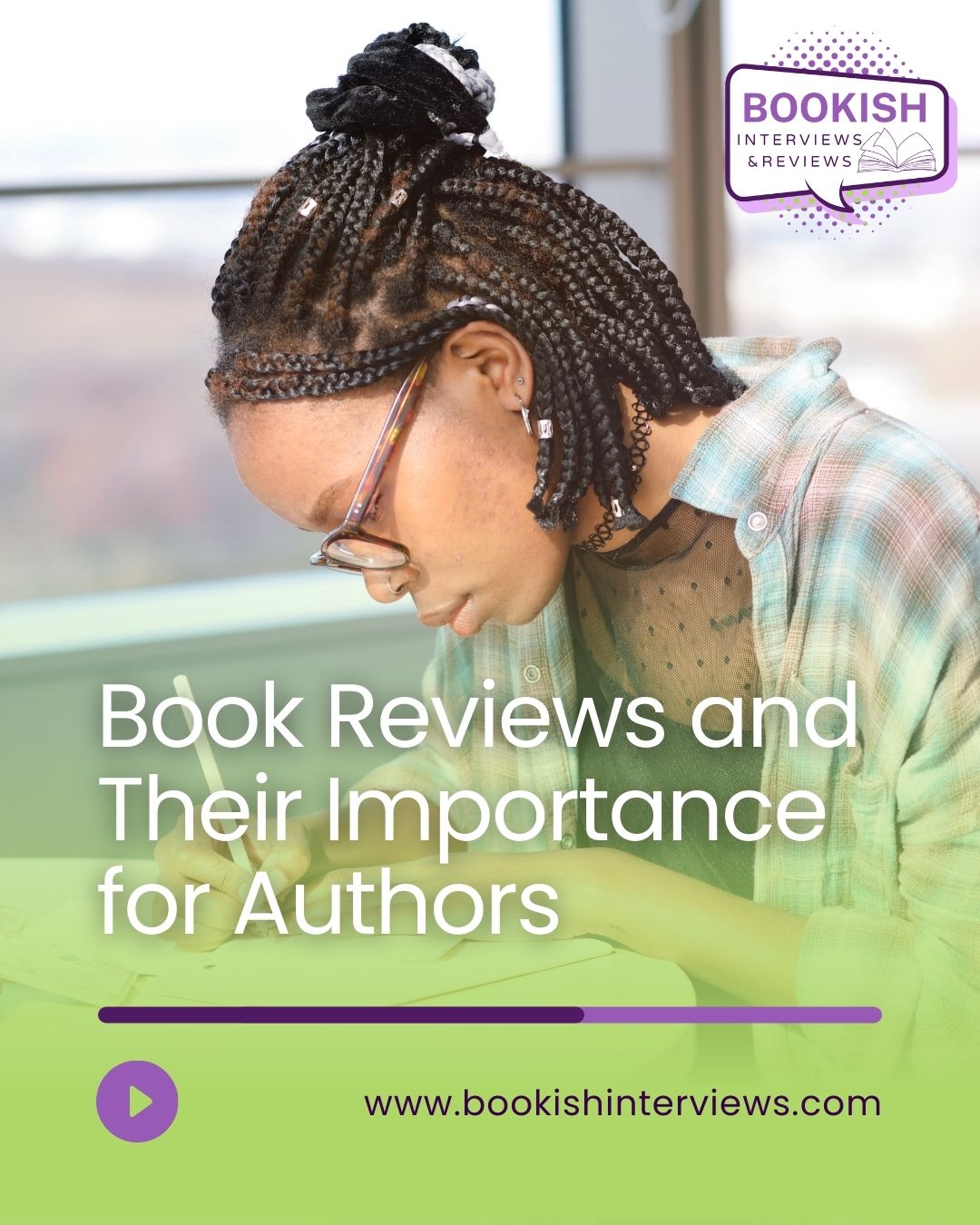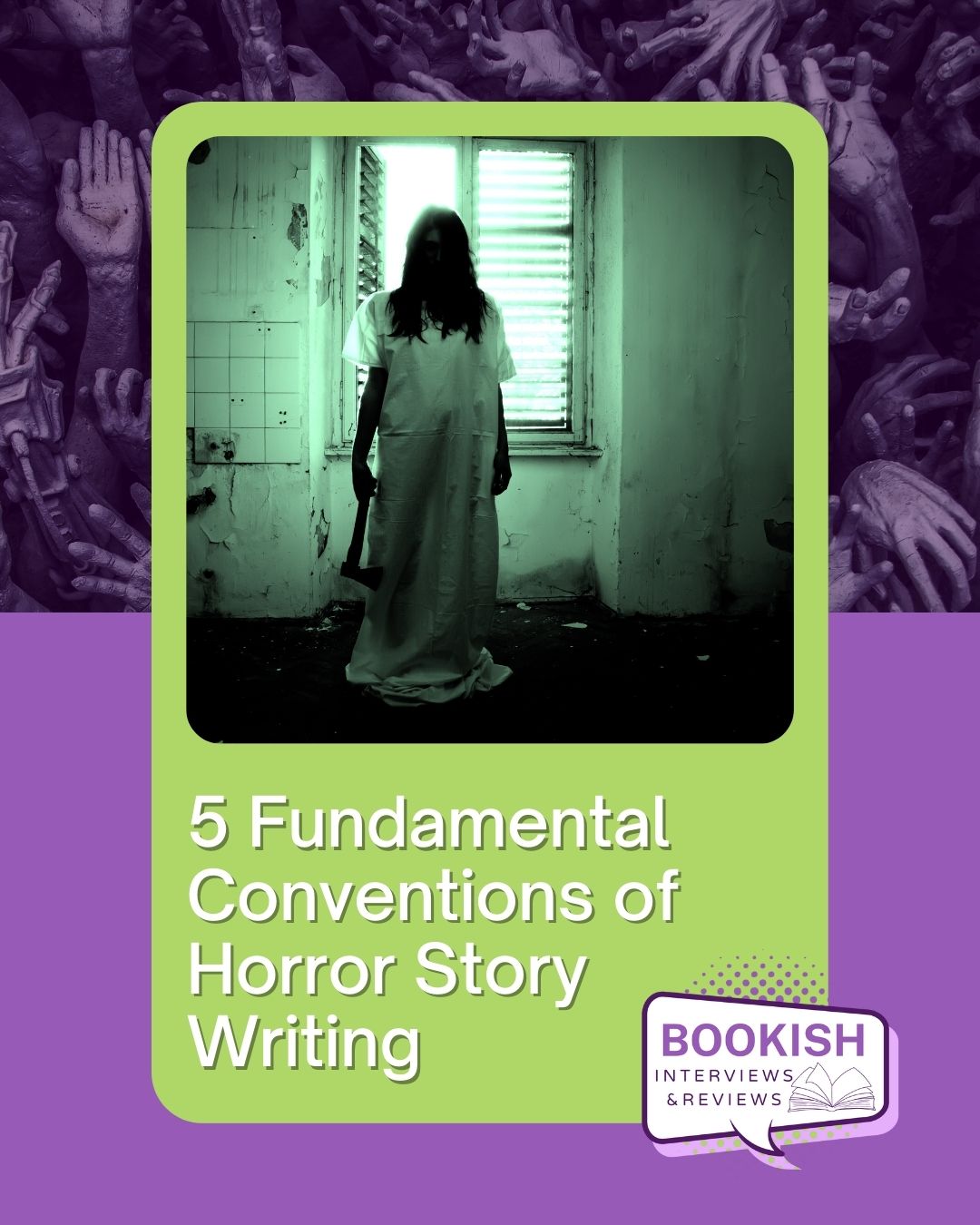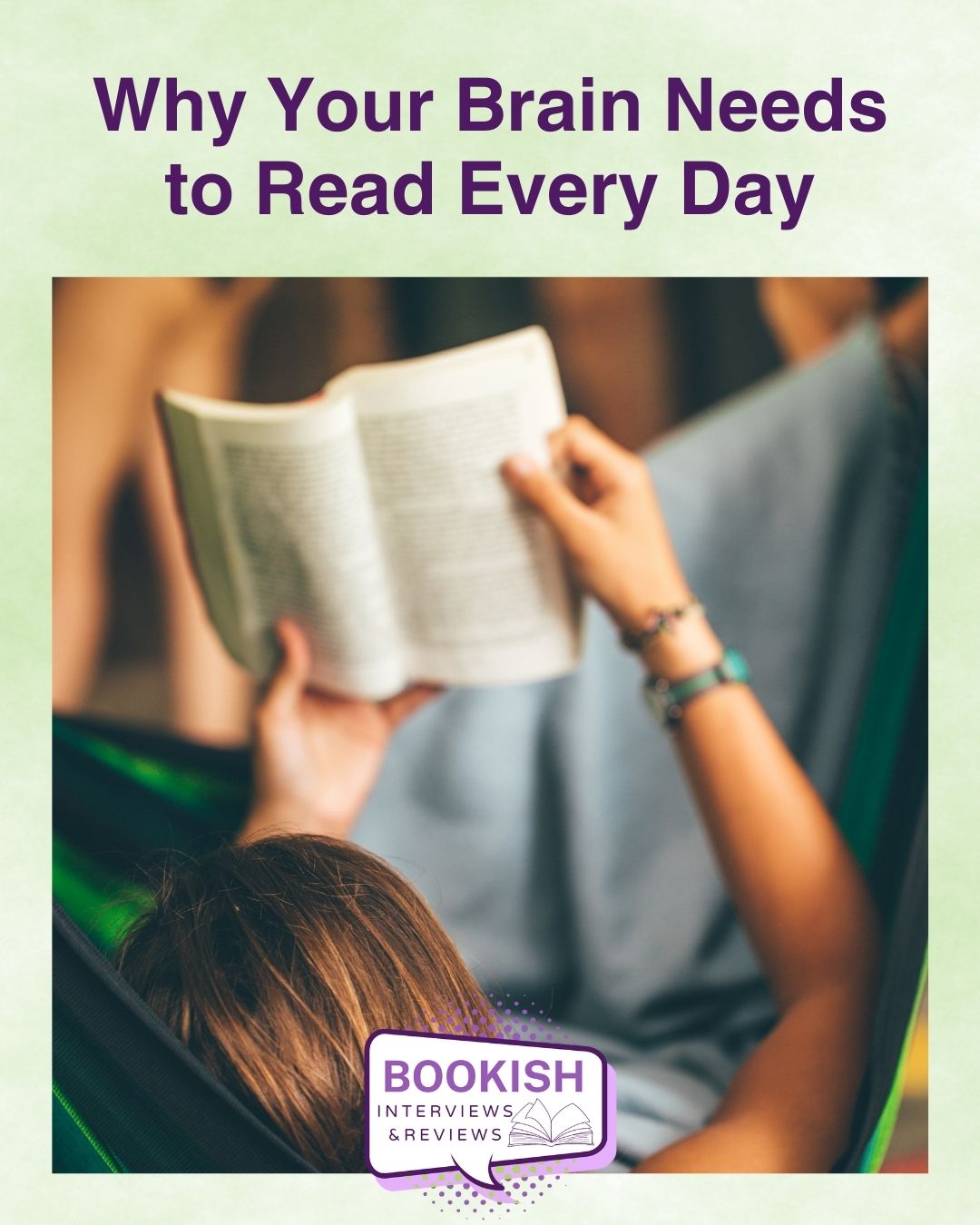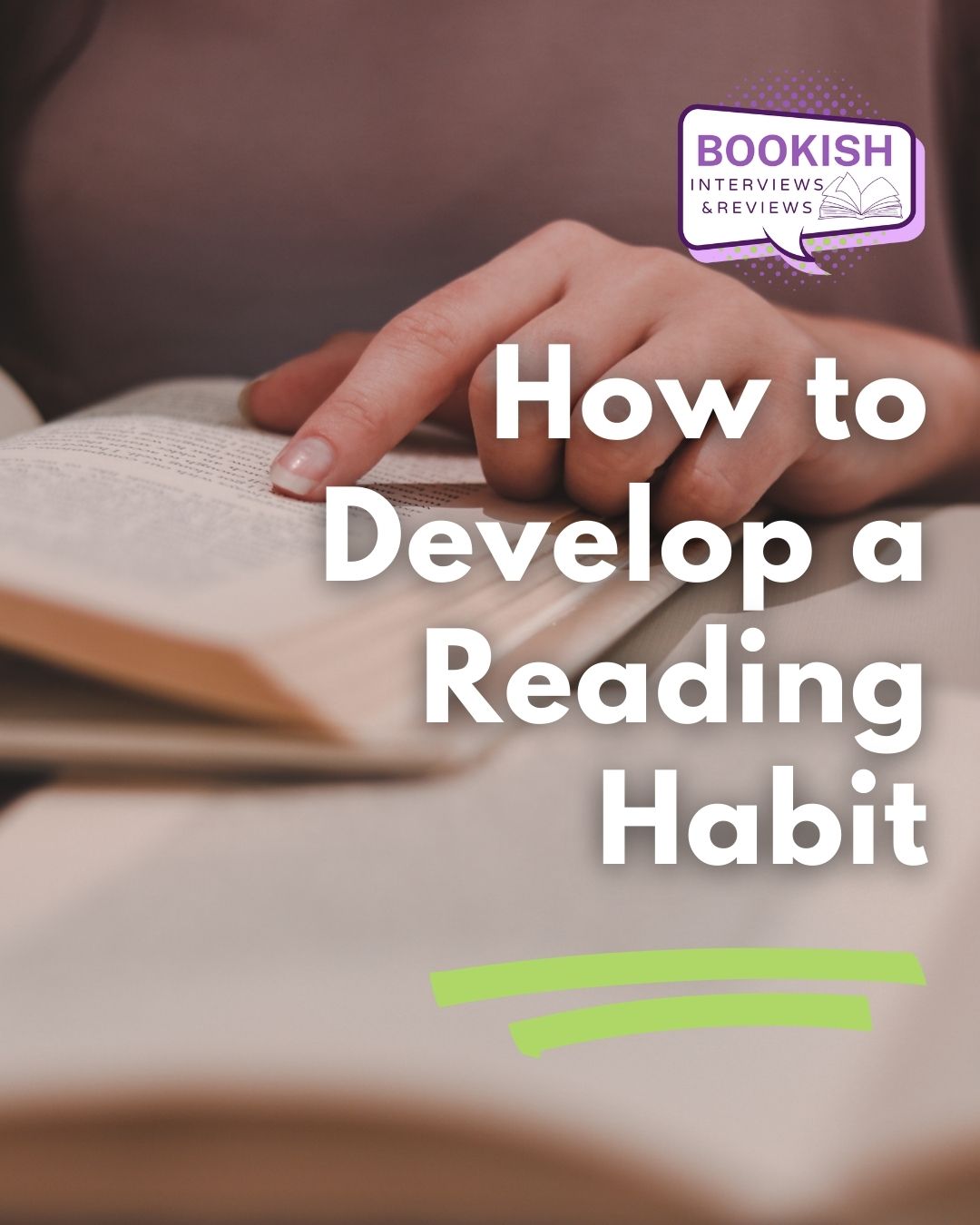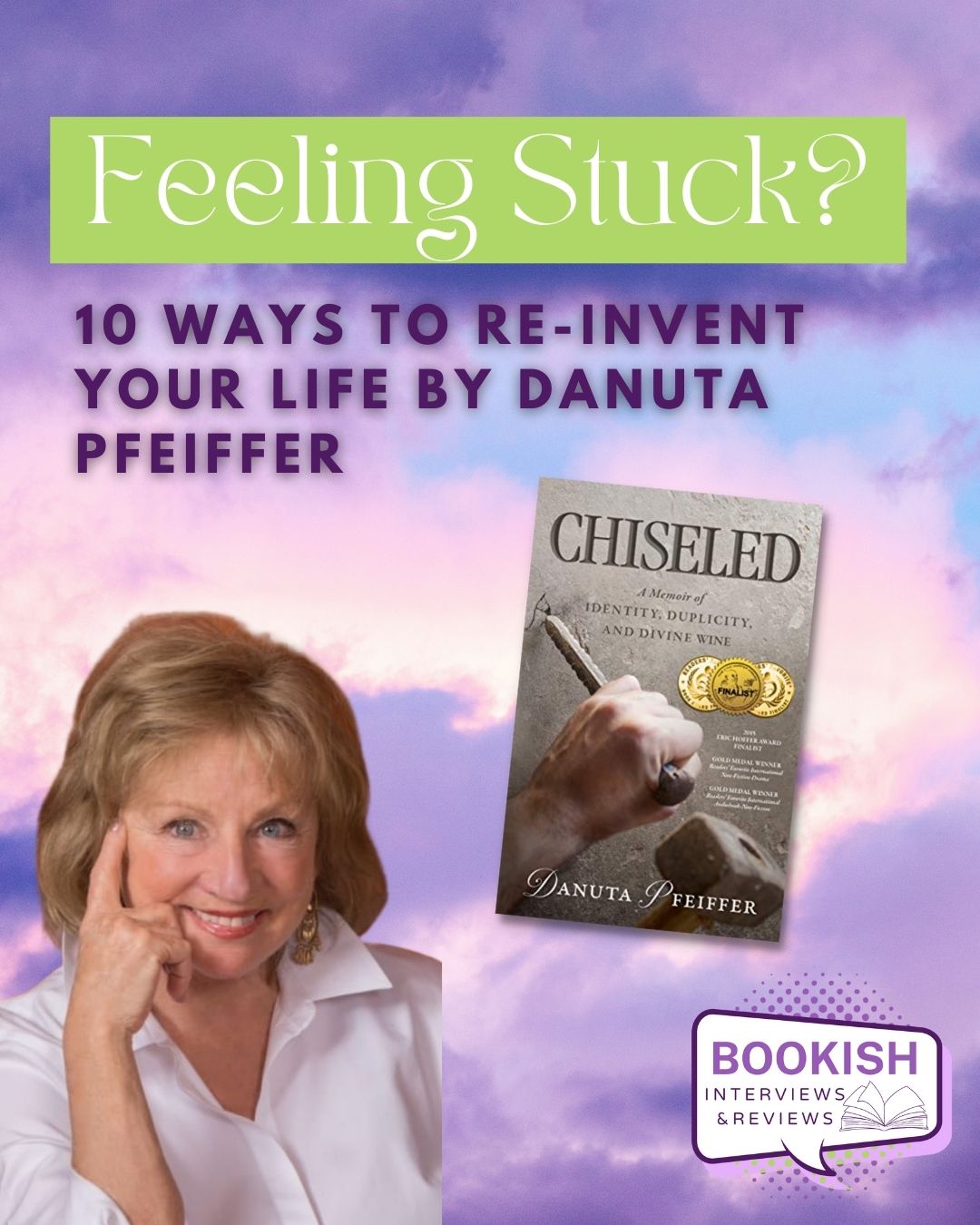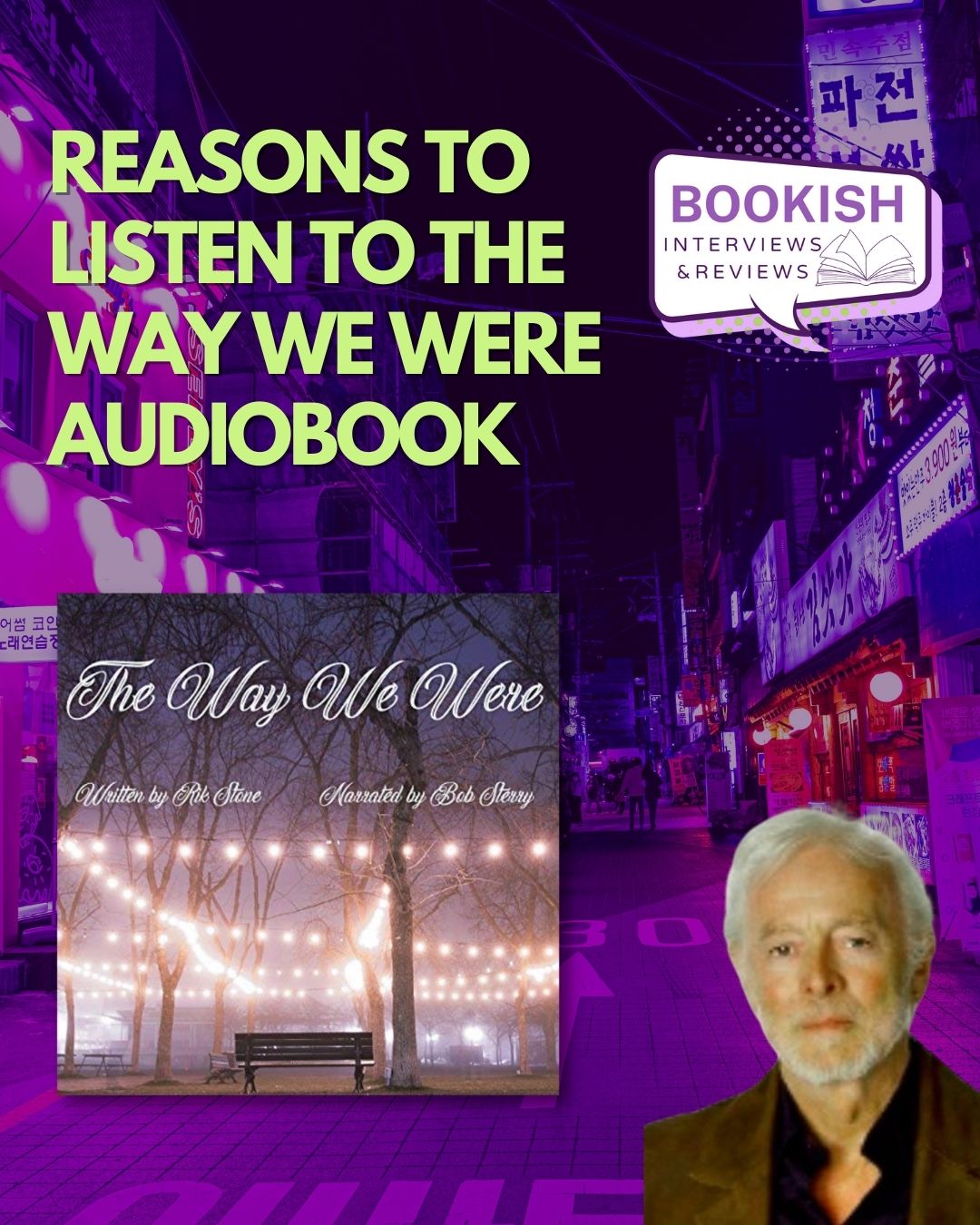We had the unique opportunity to step into the mind of the author Dr. Sonya H. Cha in an insightful interview about her book, Unconditional Beings Living in a Conditional World: The Underlying Dilemma. Throughout our conversation, our focus was on learning the inspirations behind the central the book, through Dr. Cha’s career and otherwise. Drawing from her extensive practice, she shared profound insights into the human mind and heart and their connection to the challenges we all face in our modern world. Her book explores “the underlying dilemma” shaped by trauma, stressors, and historical backgrounds, shedding light on the primary conflicts individuals encounter while striving to live happily. Dr. Cha provides valuable suggestions for overcoming conditioned beliefs. Join us in this interview as we explore Dr. Cha’s book and gain insights into her inspirations and personal experiences throughout her career.
The title of your book is intriguing. What inspired the title Unconditional Beings Living in a Conditional World? How does it encapsulate the central theme of The Underlying Dilemma?
Throughout my practice, I saw similar themes in my clients as they were dealing with their mental health. I noticed that most of them were unaware of what was suppressed within their subconscious that 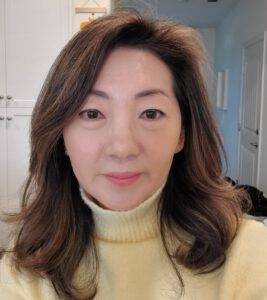 was affecting their conscious actions. There are so many times we become confused by our actions and our thoughts. We are unsure why certain people or material things are sought to bring value and worth to our self-esteem. Therefore, it was discovered that we have yet to find unconditional acceptance of ourselves. Because we live in a conditional world that judges everything by external factors, such as power, wealth, status, career, education, and so on.
was affecting their conscious actions. There are so many times we become confused by our actions and our thoughts. We are unsure why certain people or material things are sought to bring value and worth to our self-esteem. Therefore, it was discovered that we have yet to find unconditional acceptance of ourselves. Because we live in a conditional world that judges everything by external factors, such as power, wealth, status, career, education, and so on.
How do we find the answer to reconciling these two worlds? This can be done by identifying the underlying dilemma. The underlying dilemma can be found within our subconscious. Warped with trauma, stressors, fears, and historical backgrounds that have impacted who we are.
Can you elaborate on the underlying dilemma you address in your book? What, in your view, is the primary conflict that individuals face in living unconditionally within a conditional world?
Most have lived as conditional beings, longing for approval and depending on external factors to give them value and worth. When one can learn to become unconditionally loving people, a stronger self will evolve. This book sheds light on working towards a self-approbated ego. Self-approbation is defined as self-approval. Once the ego can begin to approve oneself, one can make healthier choices and apply coping skills that become more effective. Many people are unaware of what is happening in the ego system that impairs their ability to change. Learning about one’s ego and how to be self-approval is key to making this change.
How do cultural and global perspectives influence the understanding and application of the principles you present? Have you observed variations in interpretation across different cultures?
Unconditional beings in a conditional world can be applied internationally. The conditioned world is ever so vast in countries outside of the U.S. and various cultures. They instill a culture of value based on a person’s background, education, wealth, and status. This is more prevalent in countries that are competitive with limited resources or opportunities.
For example, in Asia, most children are educated intensely. They are placed in multiple activities to become successful people to bring worth to themselves and family. Homogenous cultures find self-worth within their families, whatever they say or believe about the person is who they are. Their identity is defined by others rather than one’s genuine self. Individuals are more valued in countries like the U.S. that promote individualism and accept people for who they are which may be more facile to apply these concepts.
Personal transformation is a recurring theme. Can you share examples or stories from your own life or the lives of others that highlight the transformative power of living unconditionally?
I grew up self-conscious and insecure which led to unhealthy relationships with friends who would take advantage of this. As I learned more about myself and how instantly I gravitated towards material things and people to accept me and define my worth, I realized how unhealthy this was becoming. There would be no satisfaction or sufficiency from searching for this.
I would continue to feel worthless and incompetent with goals that I would seek until I started finding unconditional acceptance through my faith which led to unending love for myself. So I was unable to love myself first due to all my insecurities. I found it difficult to accept who I was due to my cultural surroundings and follies. A spiritual awakening of being unconditionally loved no matter what I have done or who I was led to self-approval and love.
Living unconditionally can be challenging in a world with many external pressures. What challenges do individuals commonly face on this journey, and how do you suggest overcoming them?
Many of us are conditioned to our thoughts and feelings that define who we are. We are pressured by our family, friends, social media, co-workers, bosses, and culture to become or live up to certain standards. Most of the time one is unaware that the standards are too high, leaving them feeling defeated and unworthy. These challenges may cause mental health and relationship issues that impair our daily lives. When someone has been blamed or judged for so many years it is not easy to instantly redirect those beliefs and think positively about oneself.
There is a process depending on the severity and length of conditional damage required through professional help such as mental health therapy to overcome. There are other simple steps in the book, such as redirecting negative thoughts and redefining one’s identity based on positive attributes. An approach called self-approbated ego is an unconditionally loved self that can deflect historical labels and judgment from others.
As we conclude, what final thoughts or advice would you like to share with readers who are embarking on their own journey of exploring your book, Unconditional Beings Living in a Conditional World?
For those who are unsure of why they become depressed or anxious, this book may have some answers. The fictitious examples in this book explain scenarios that one may use to apply the concepts. I encourage those who are parents or dealing with family or relational issues to read this book to gain further insight into the underlying dilemma that may be the cause. Finding ways towards a healthier self to feel worthy despite external surroundings is the key to a self-approbated ego. Ego therapy is the key to unlocking hidden dilemmas to surface for one to understand what is needed for improvement.
Find the Author
Unconditional Beings Living in a Conditional World: The Underlying Dilemma
Why is it so difficult to love yourself and understand the underlying issues to your problems?
In our fast-paced world, it feels like there is not enough time, money, energy, or mental capacity to pursue everything. What is the secret to managing all this and making room to help ourselves find balance in our lives? There’s a conflict between our need to be loved unconditionally and the limited 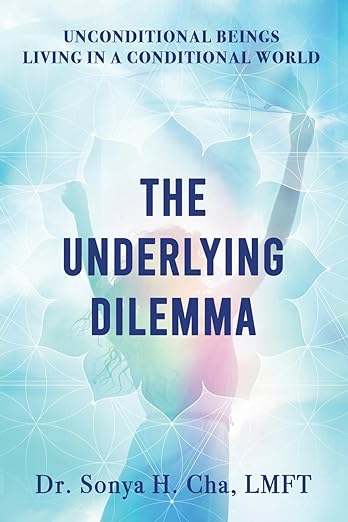 support we get from this conditional world. We call the mental state we need to reach a self-approbated ego.
support we get from this conditional world. We call the mental state we need to reach a self-approbated ego.
You will see how the integration of mental health and spirituality can improve your quality of life. Discover how the ego works with ego plasticity to shed light on identity and relationship issues, while finding sustainable happiness and improving self-esteem. The subconscious naturally seeks unconditional love and respect. This process toward self-approbation can further expand our capabilities in this ever-changing world.
Dr. Sonya H. Cha is a graduate from Fuller Theological Seminary School of Psychology, practicing as a Licensed Marriage and Family Therapist, with a Ph.D. in Performance Psychology, and working as a part-time university professor. This approach to life is one she benefited from herself. There were long periods of time when things seemed impossible, from raising four kids, working full-time, managing a Ph.D. program, and founded a group practice, Center for Integrated Care that provides mental health and psychiatry services to the community. Through her spirituality and self-approbated ego, she was able to manage all of this and more, while passionately fulfilling her dreams. Her area of specialty includes trauma-focused treatment, couples therapy, family therapy, and Christian counseling. Her passion is to unearth potential and optimize capacities for people so that they can live healthier lives.
Every life has an element of struggle. Identify your Underlying Dilemma so that you can begin your journey of self-care and self-improvement. It’s the most important journey you’ll ever take.
